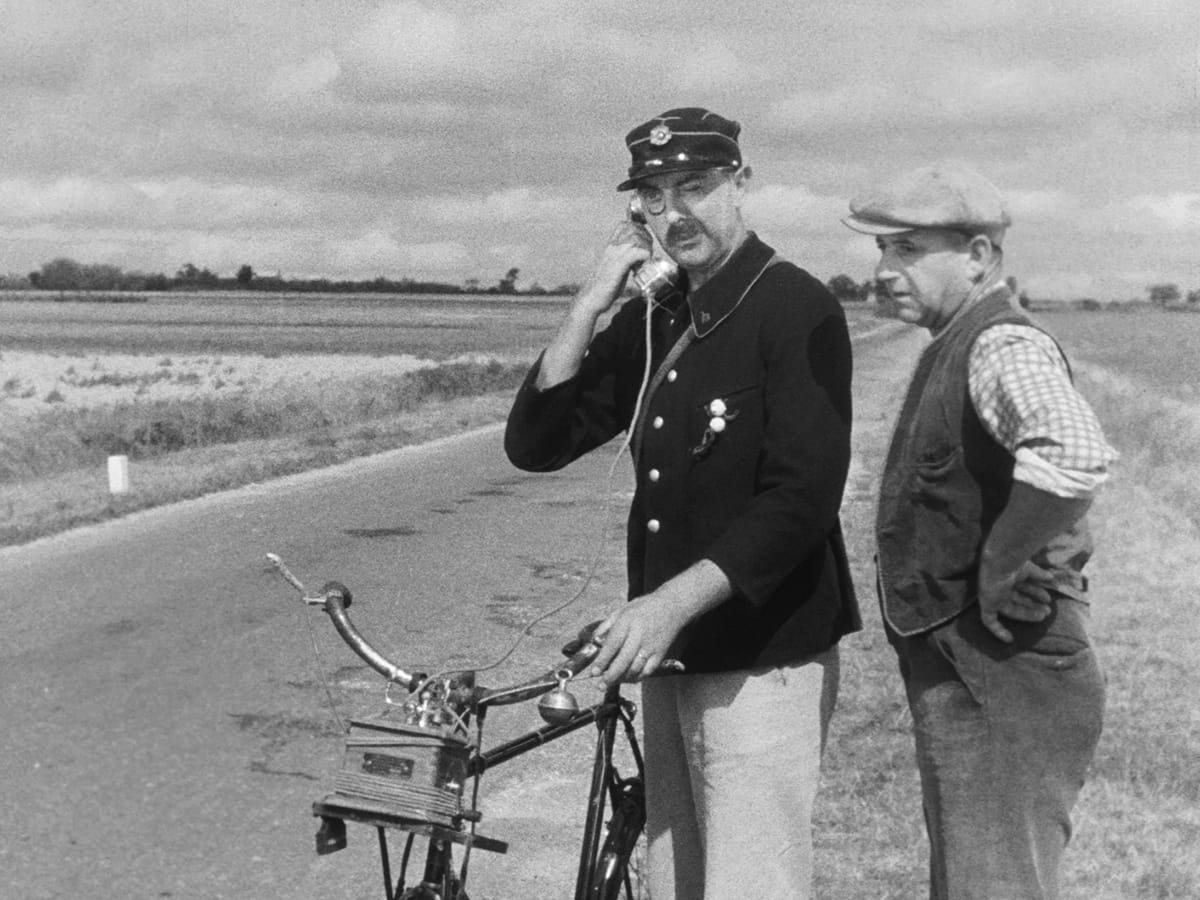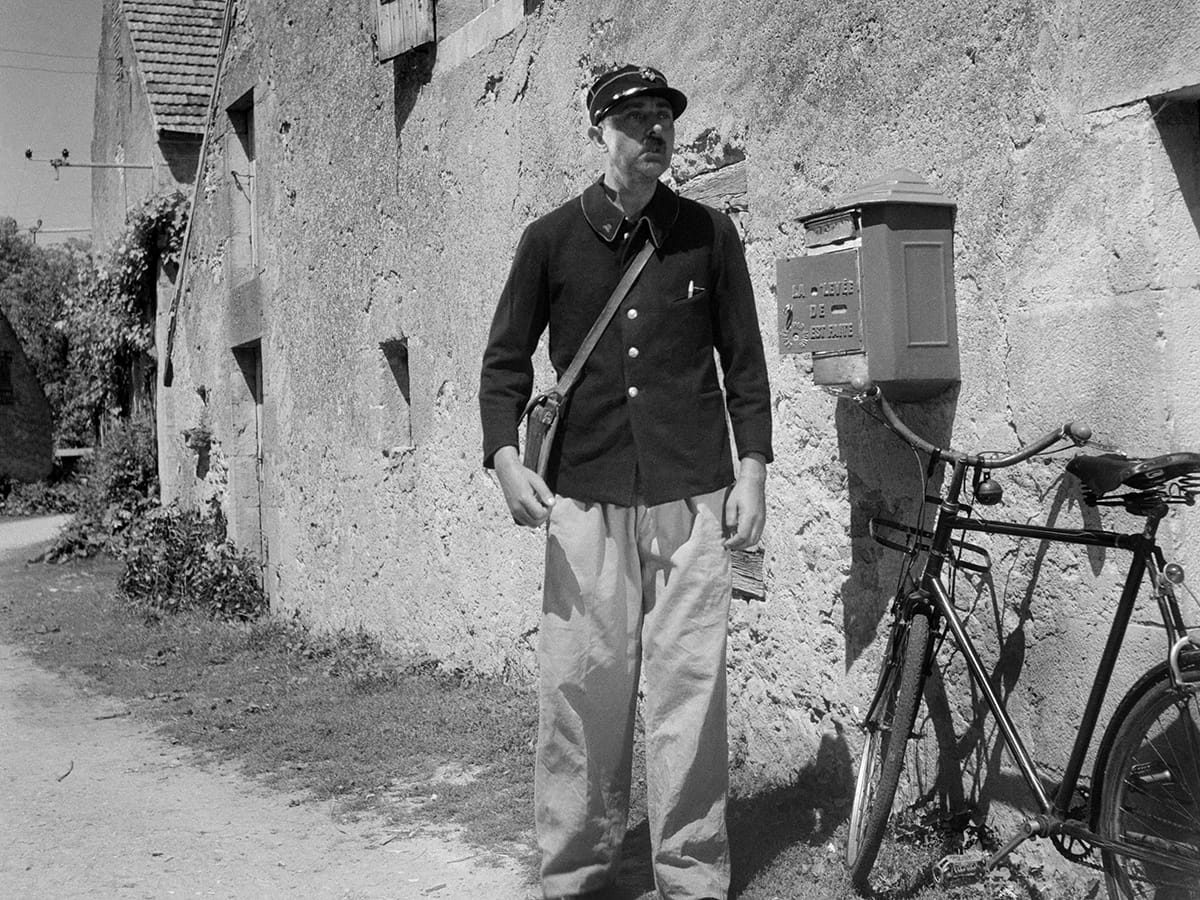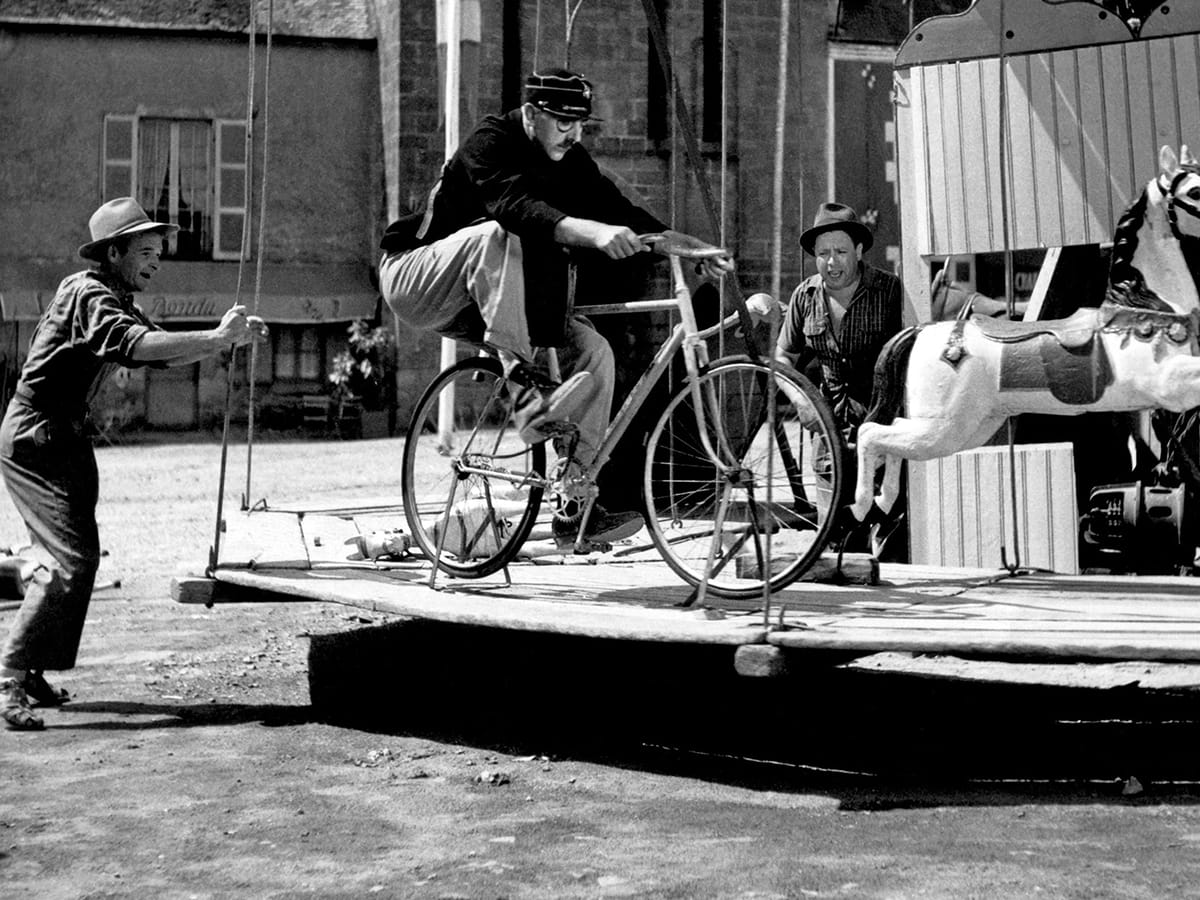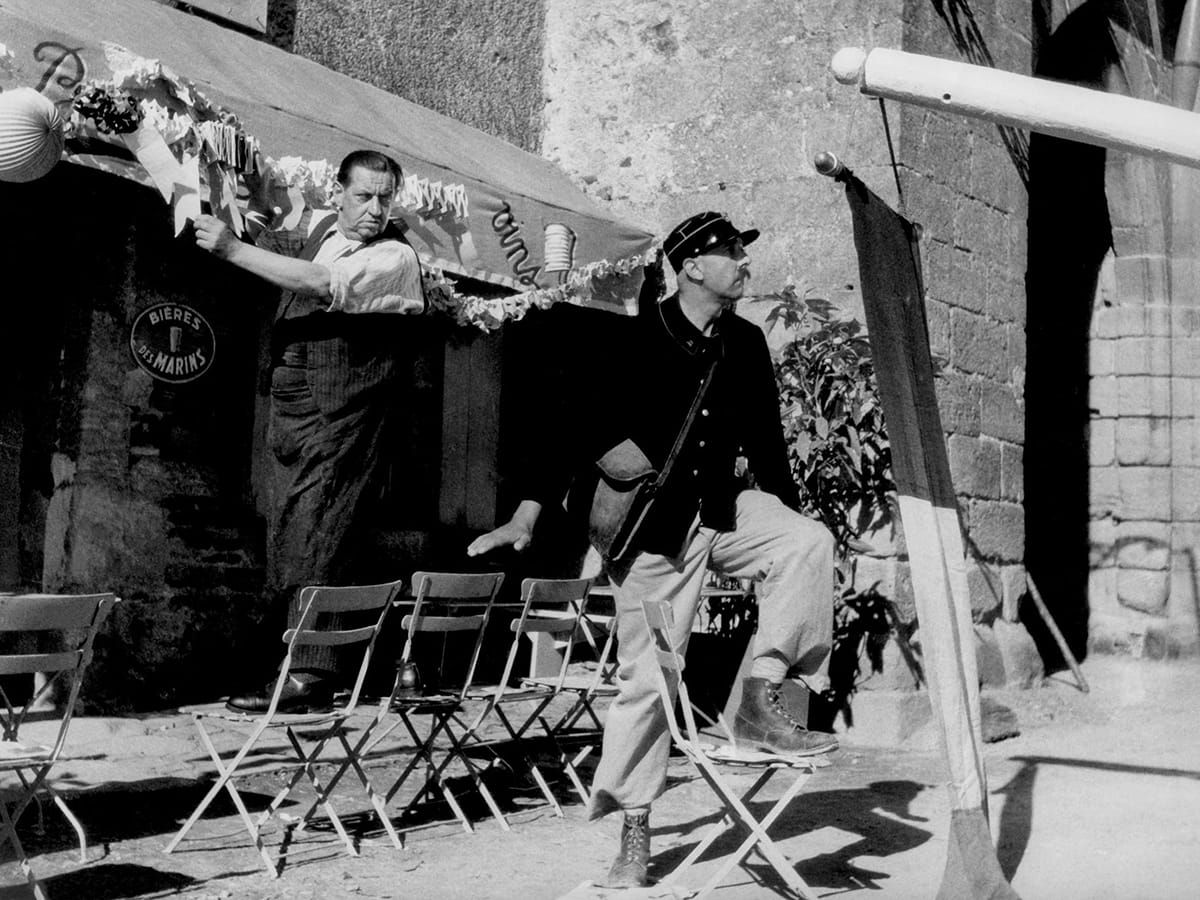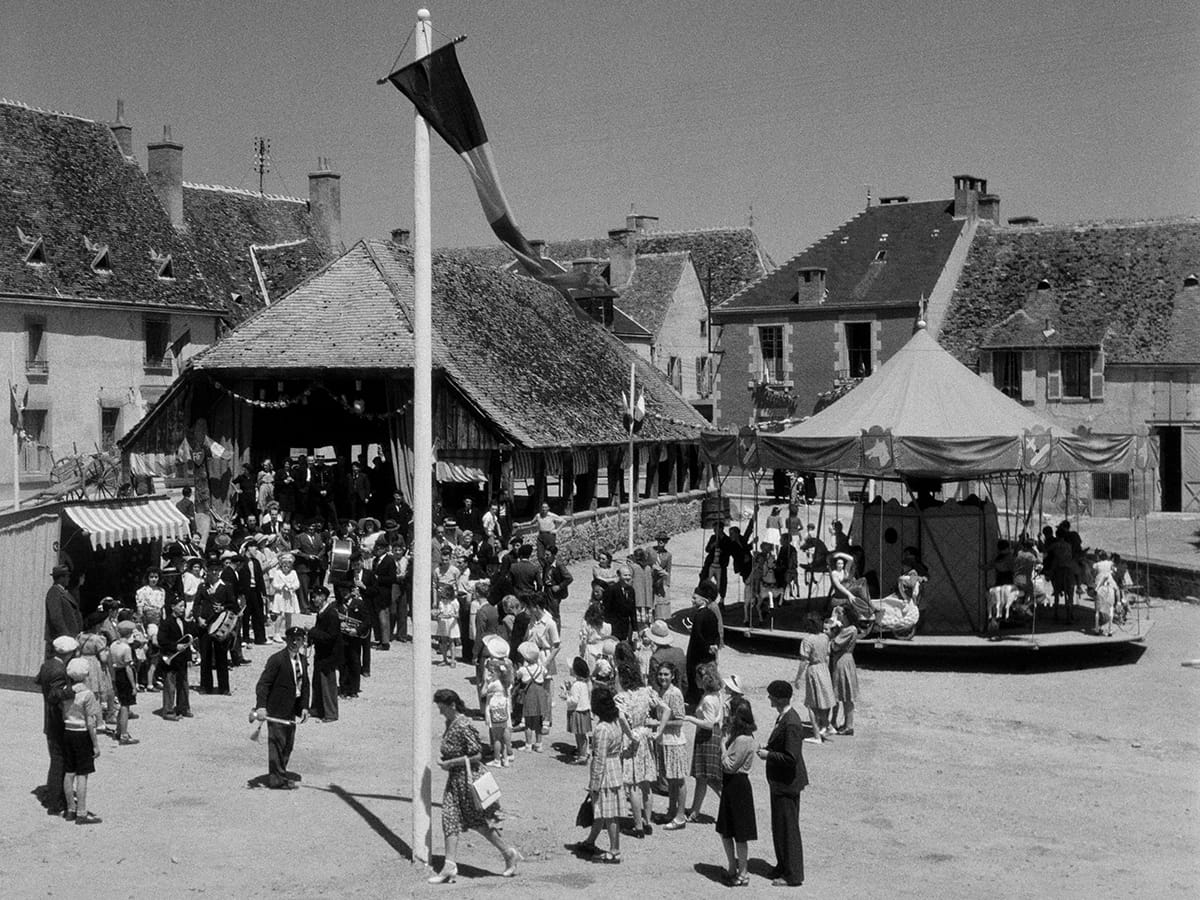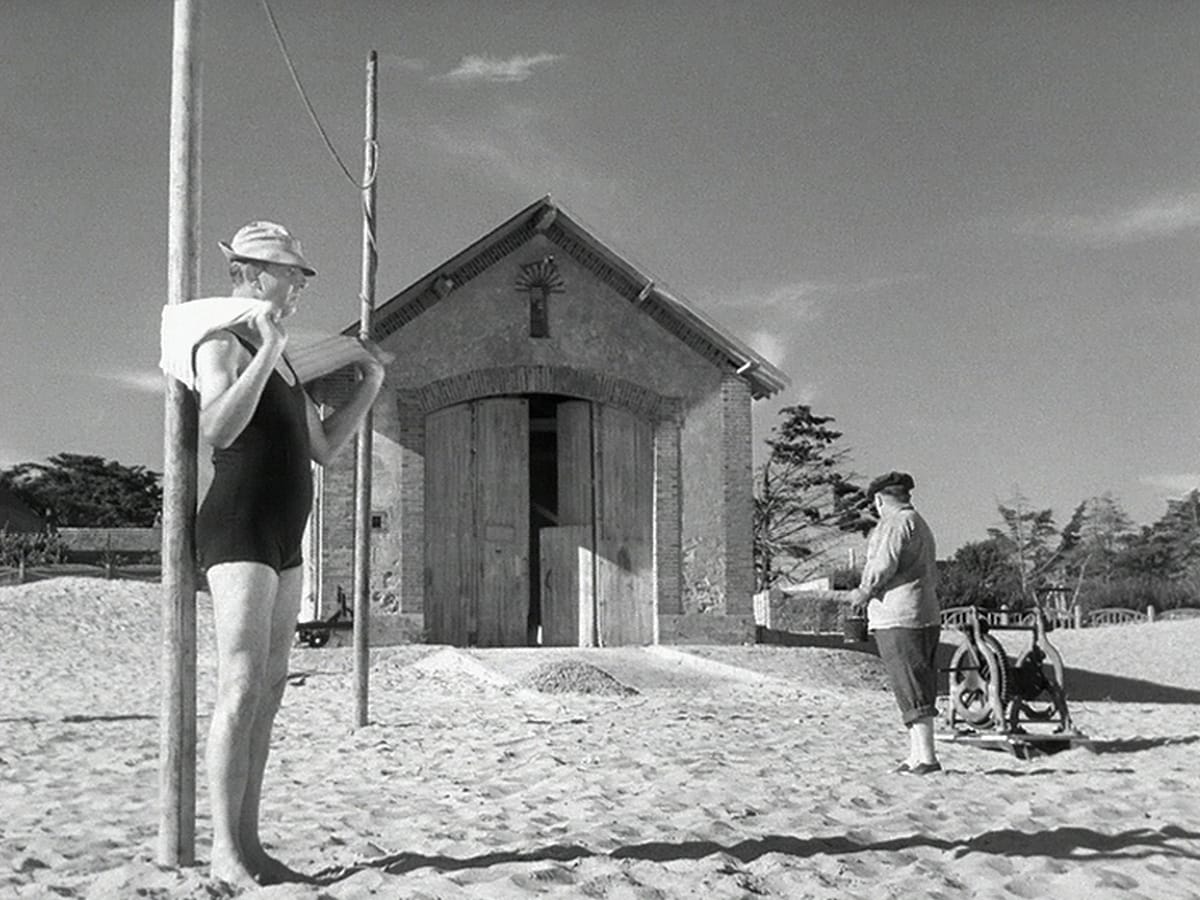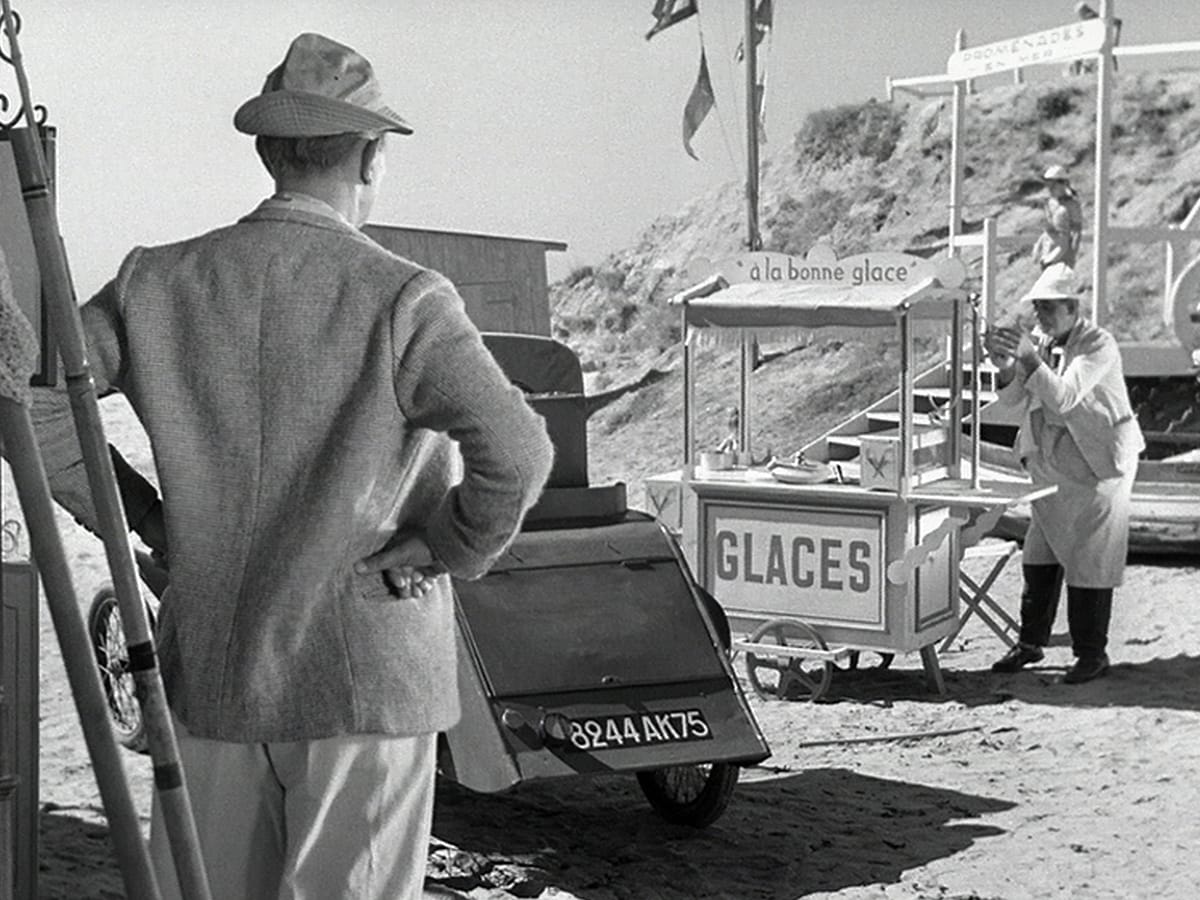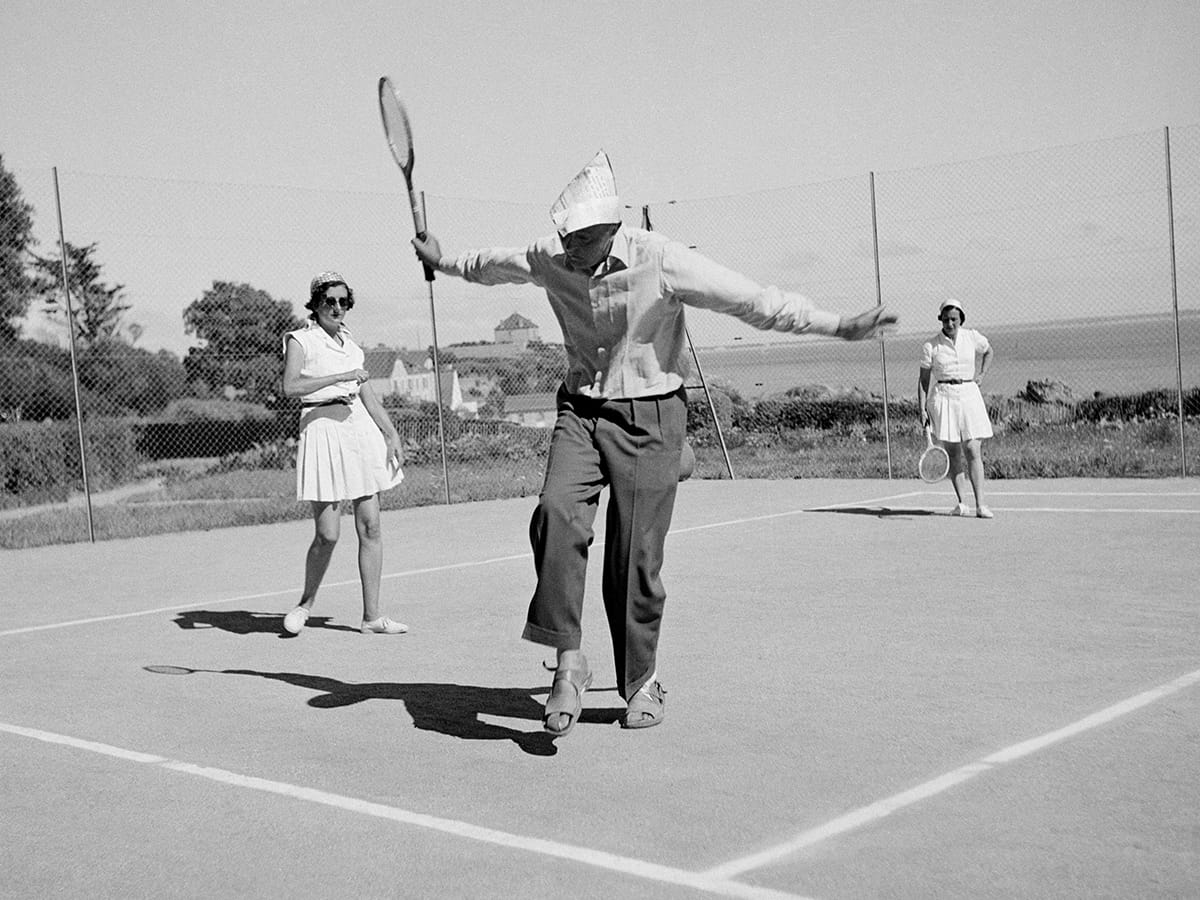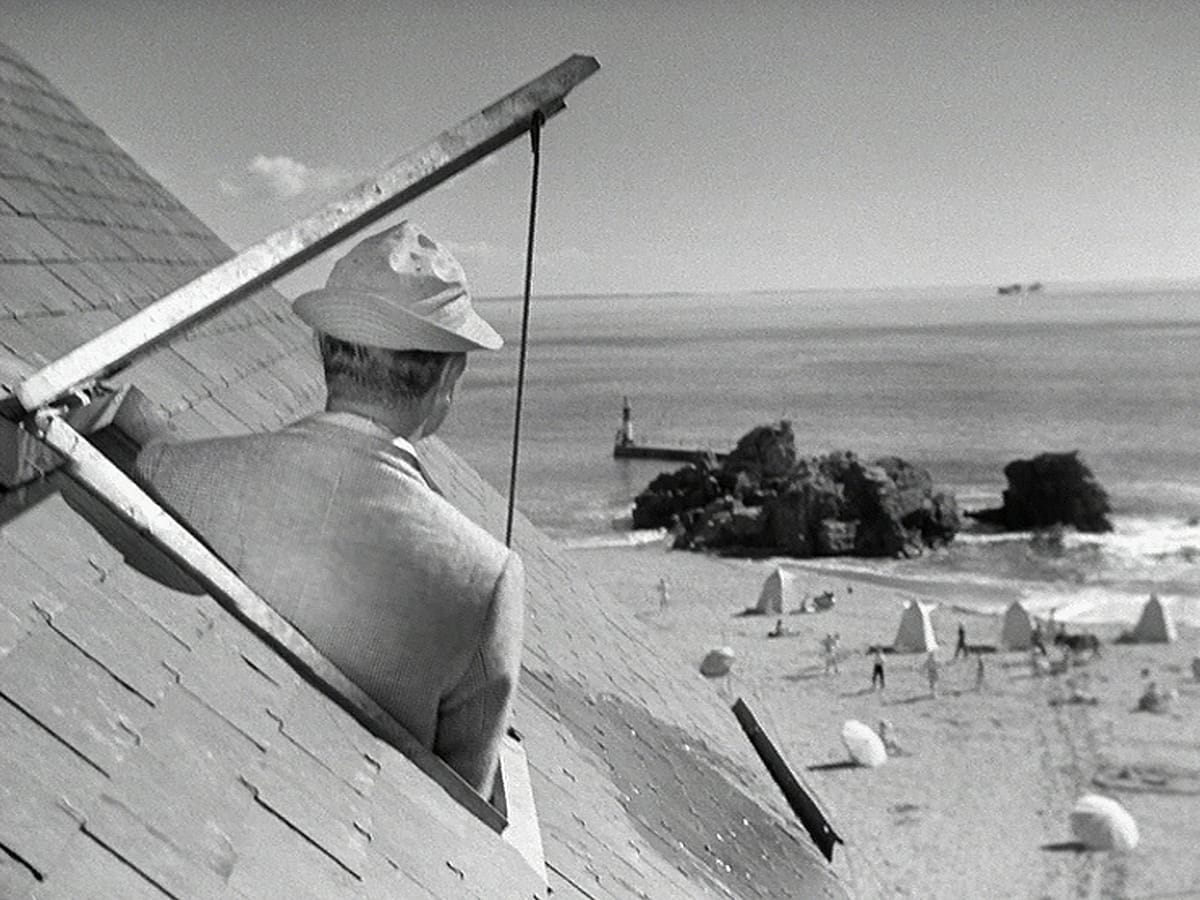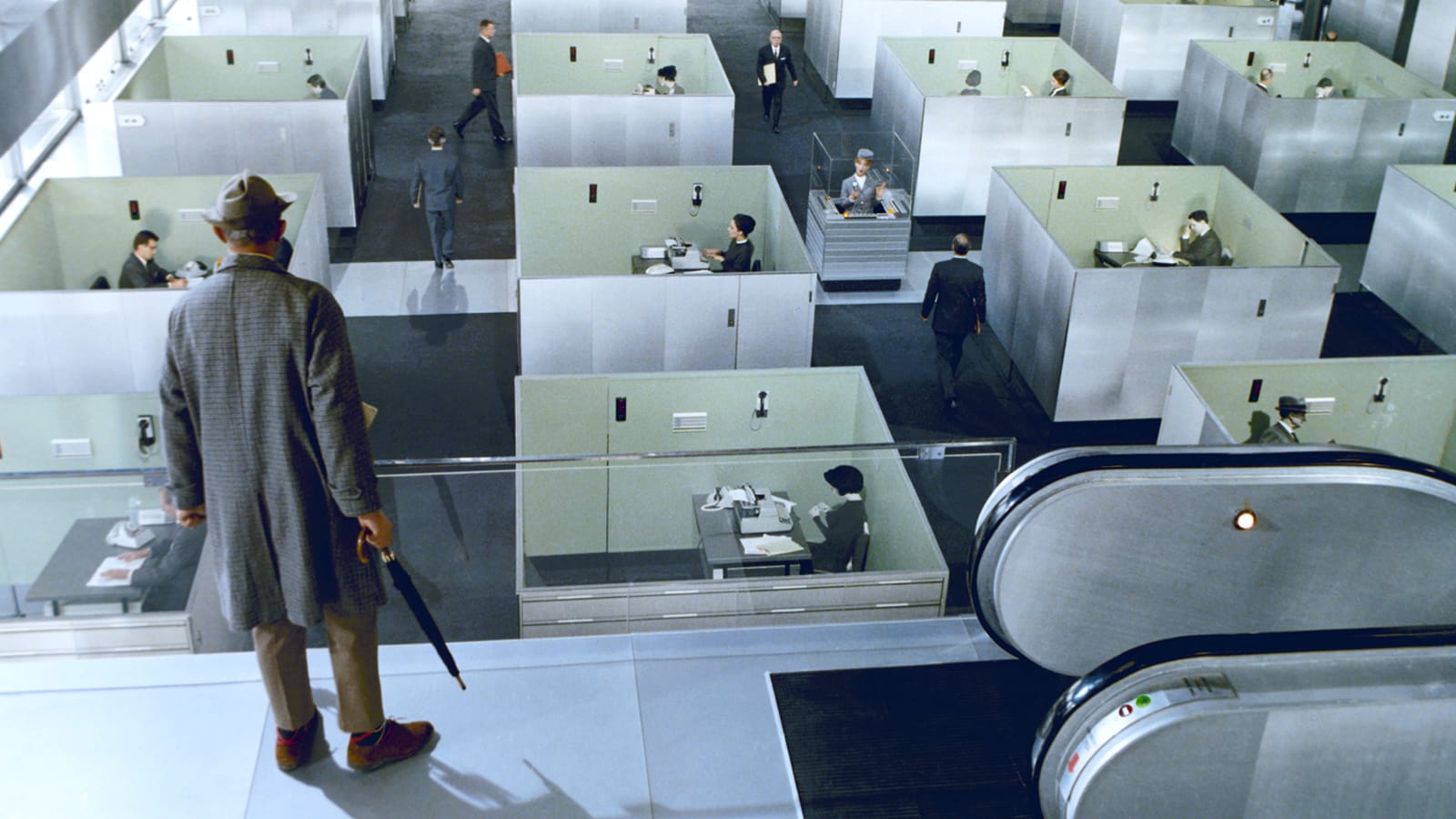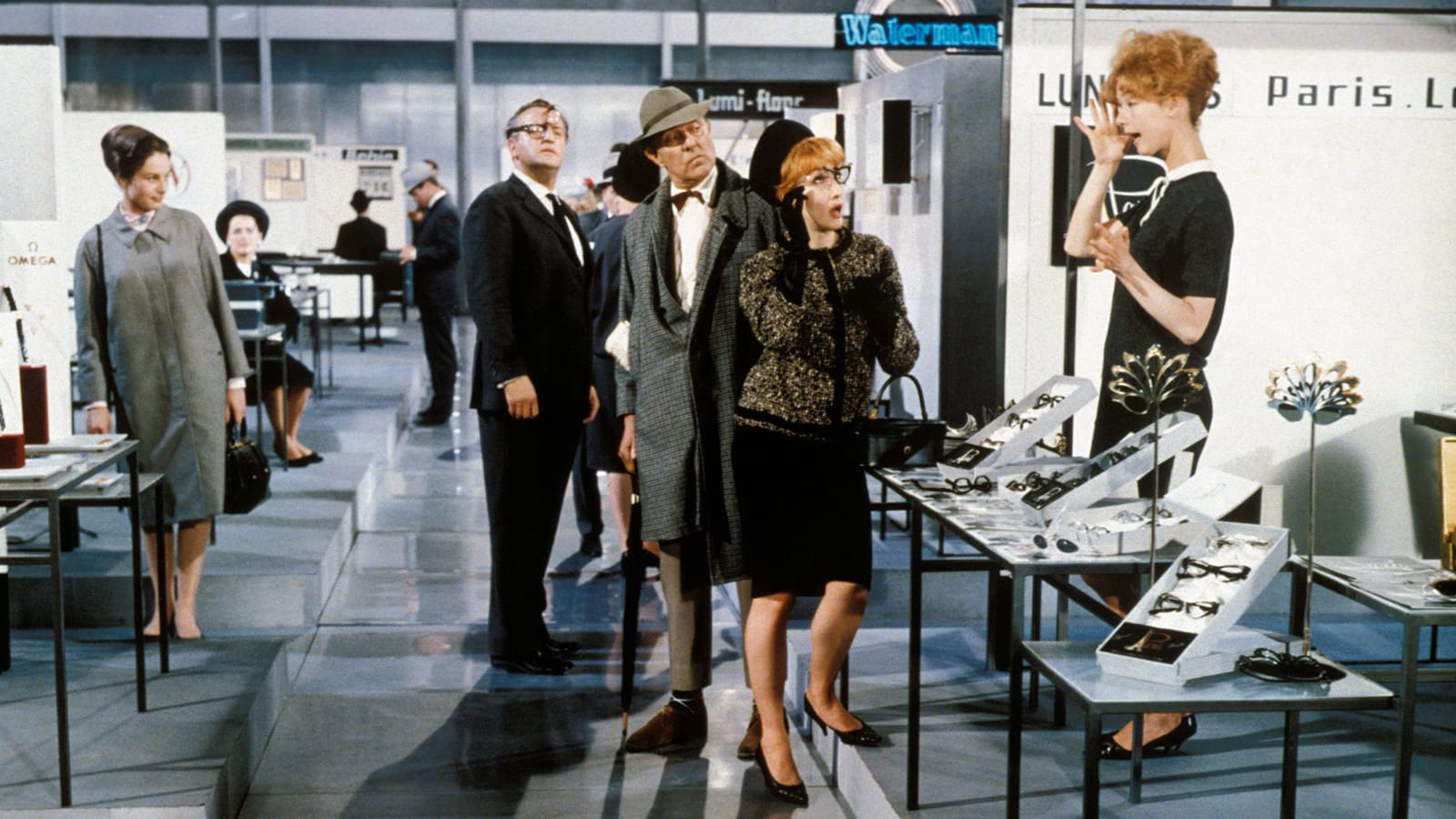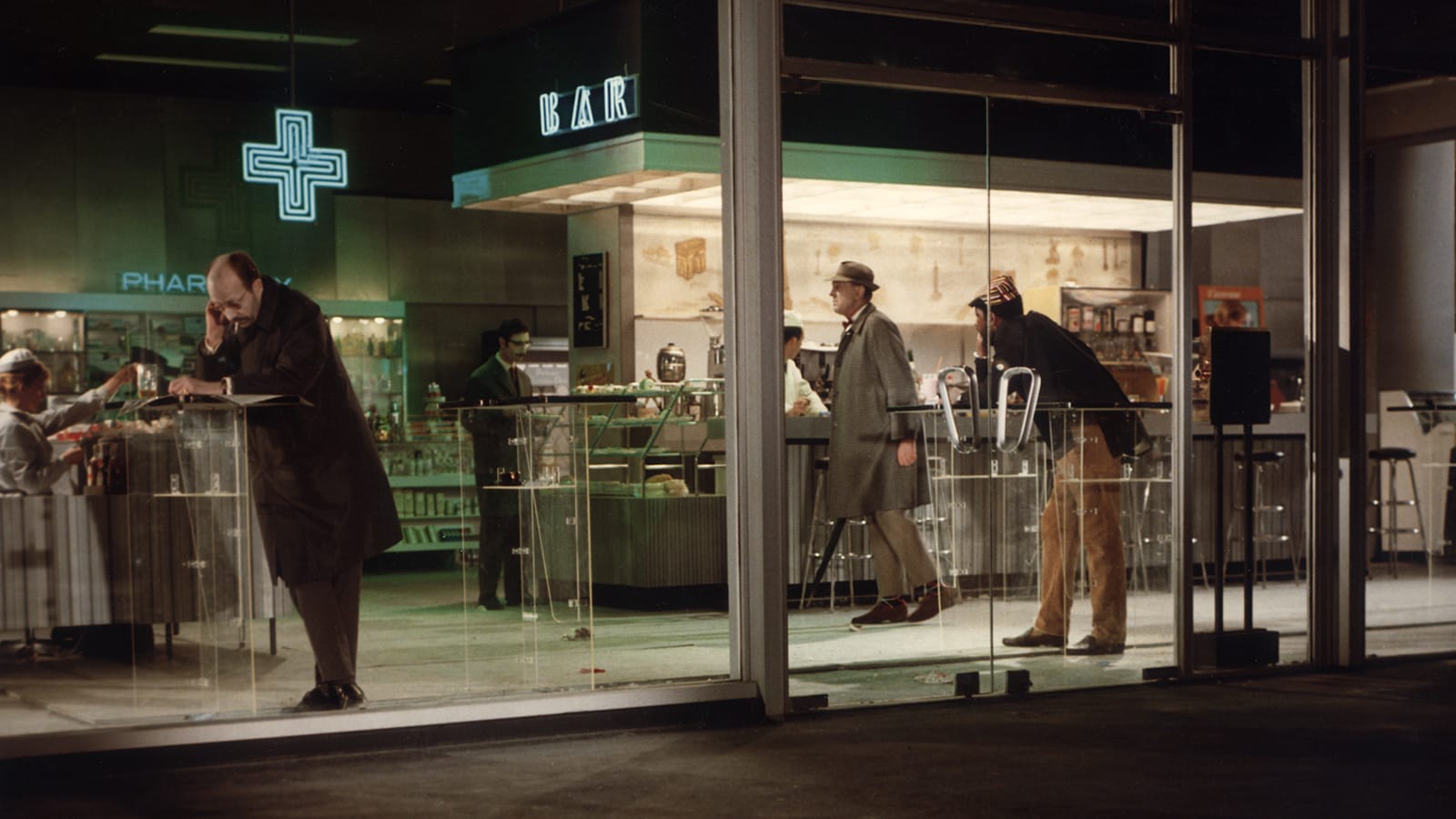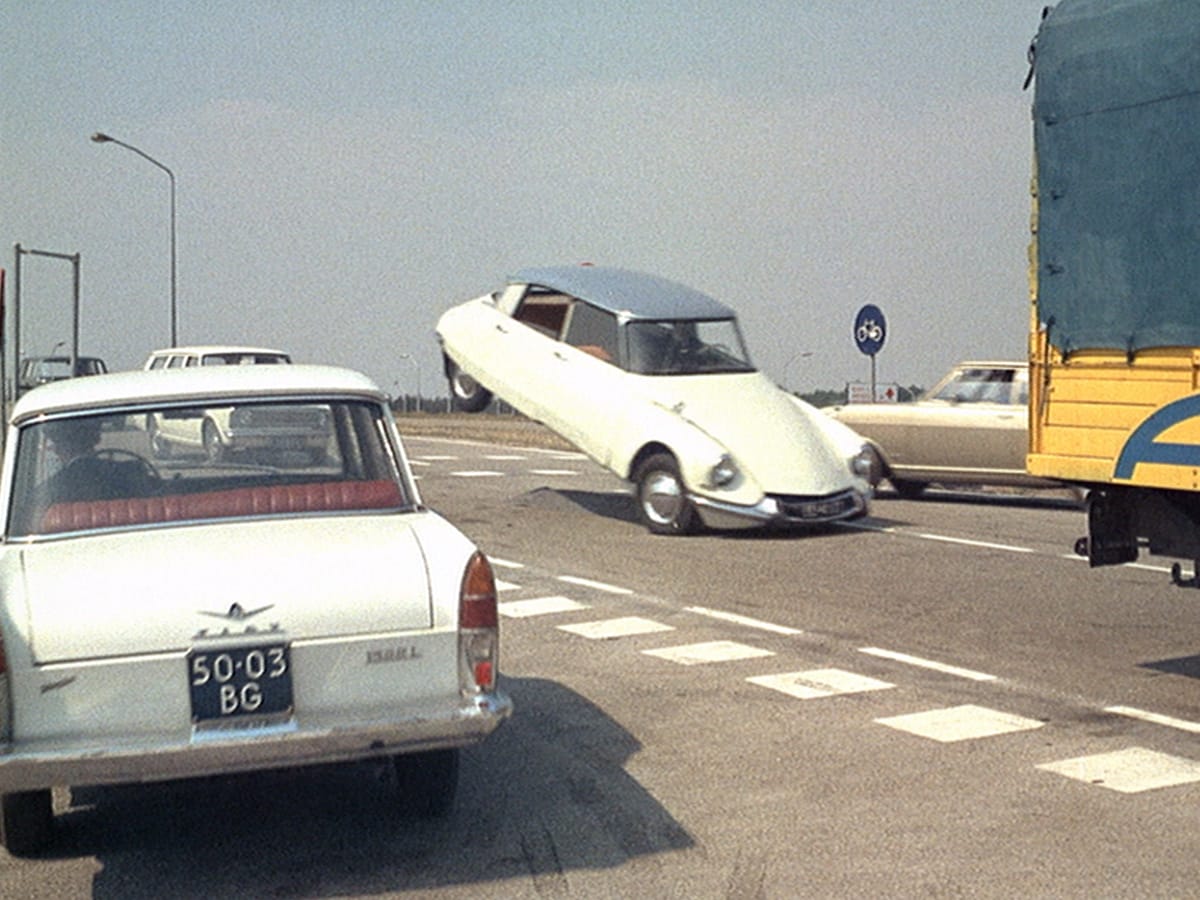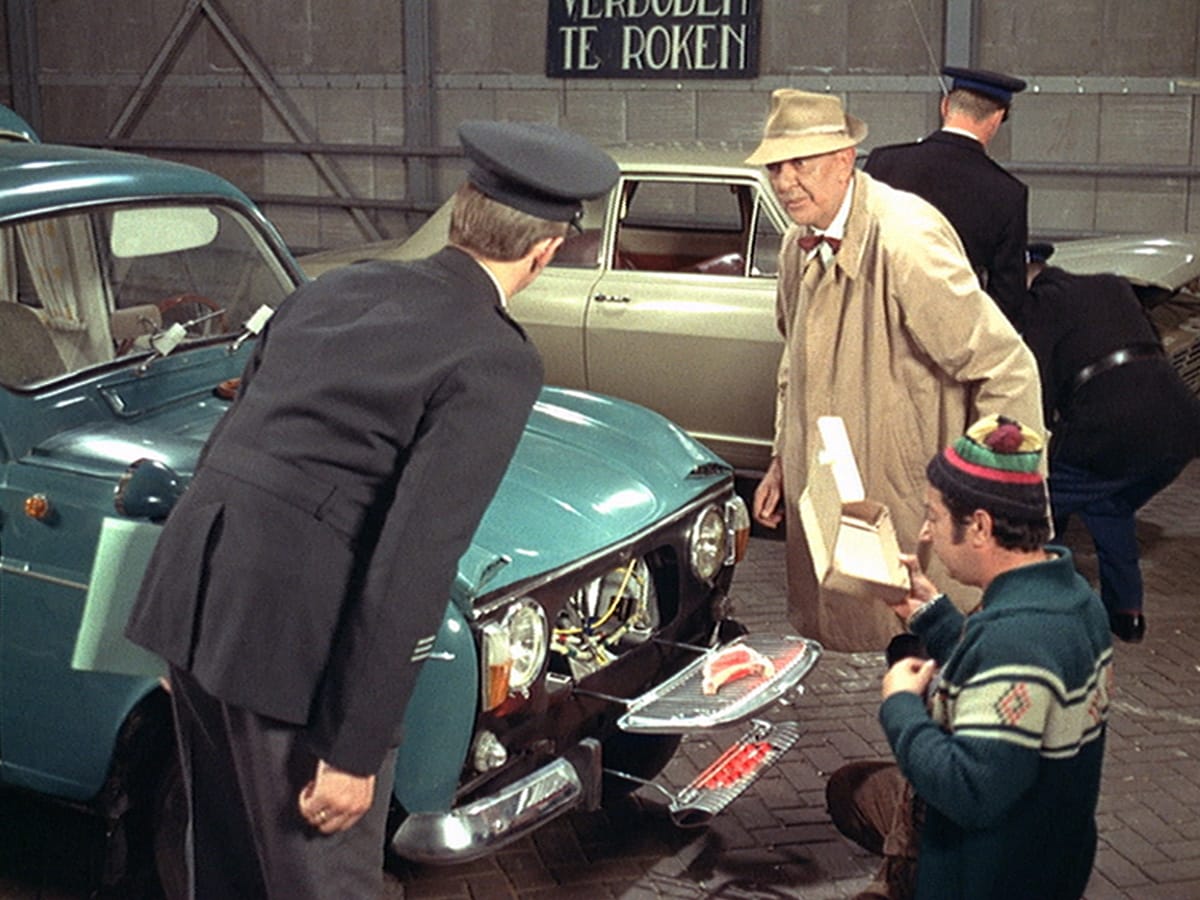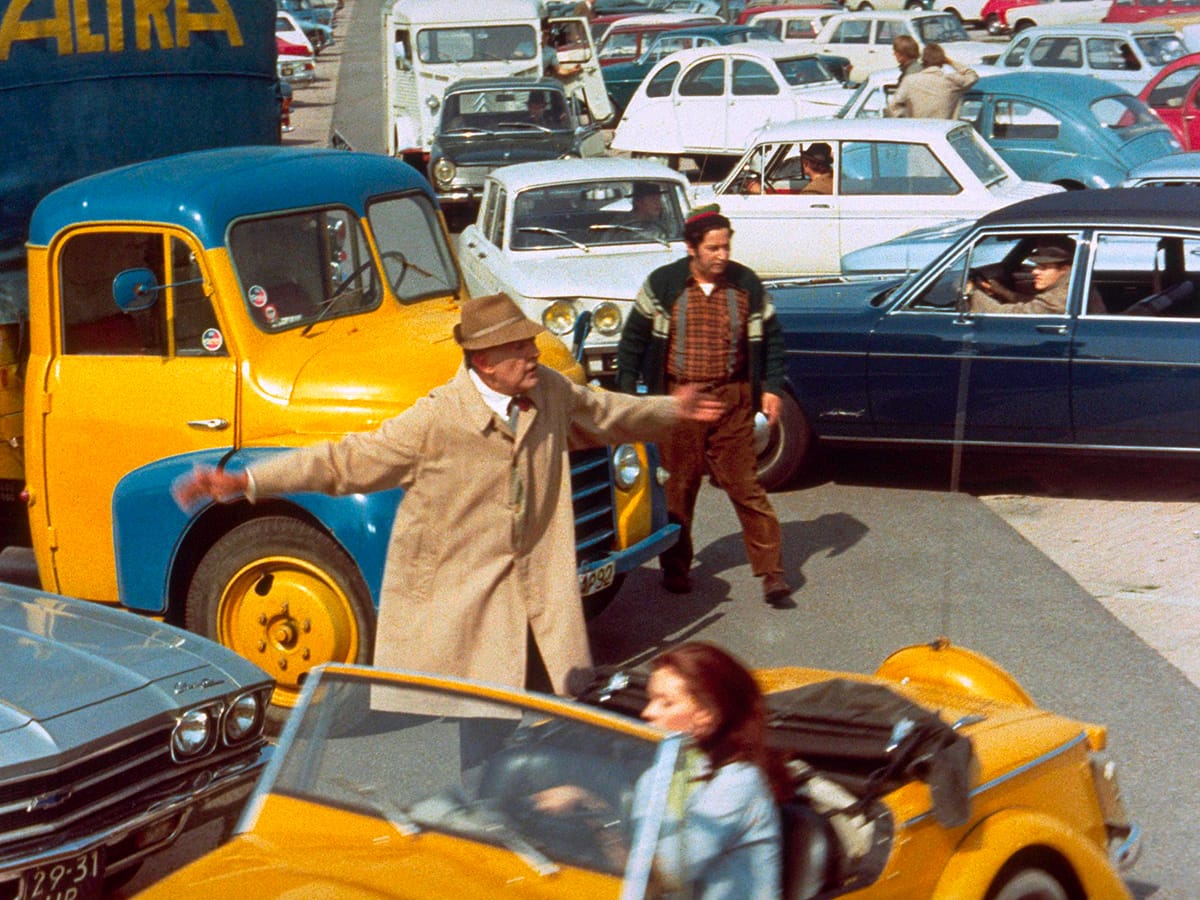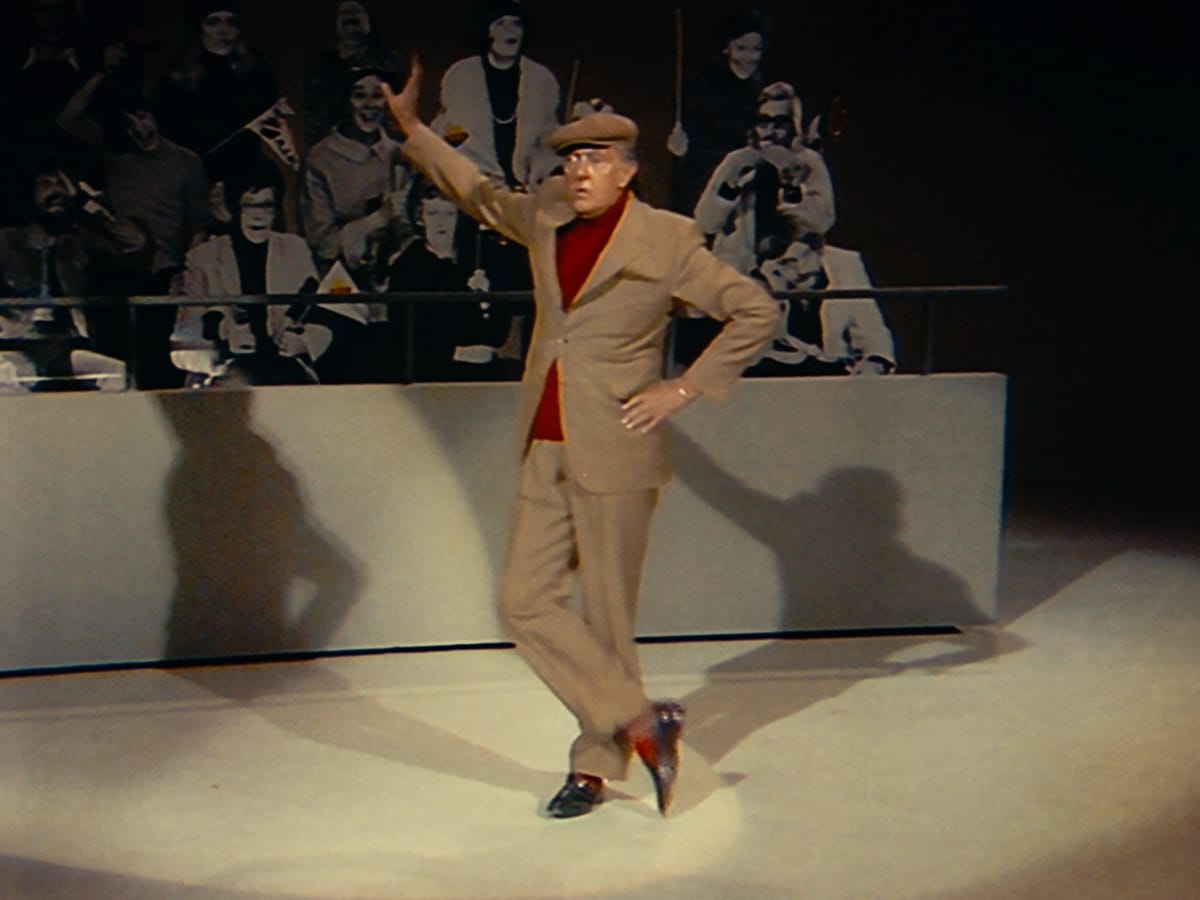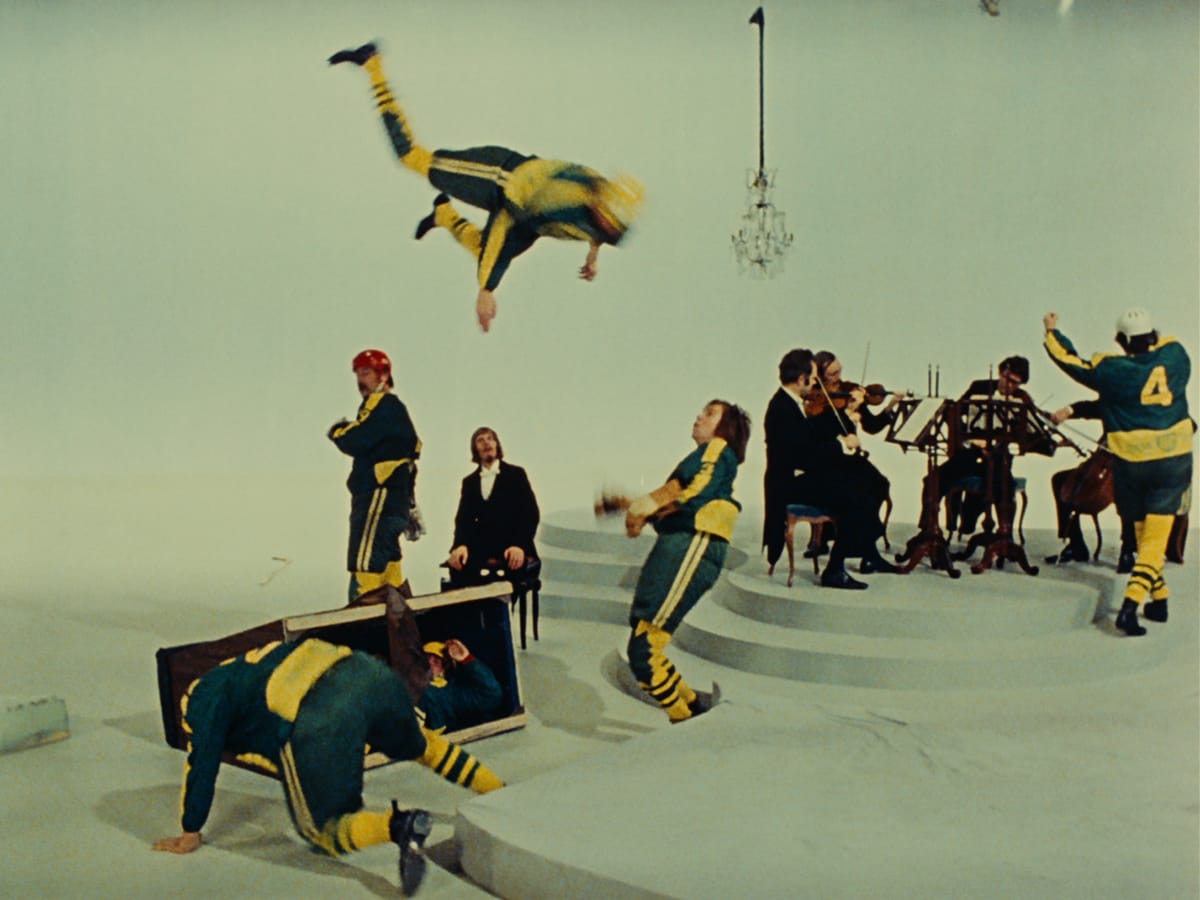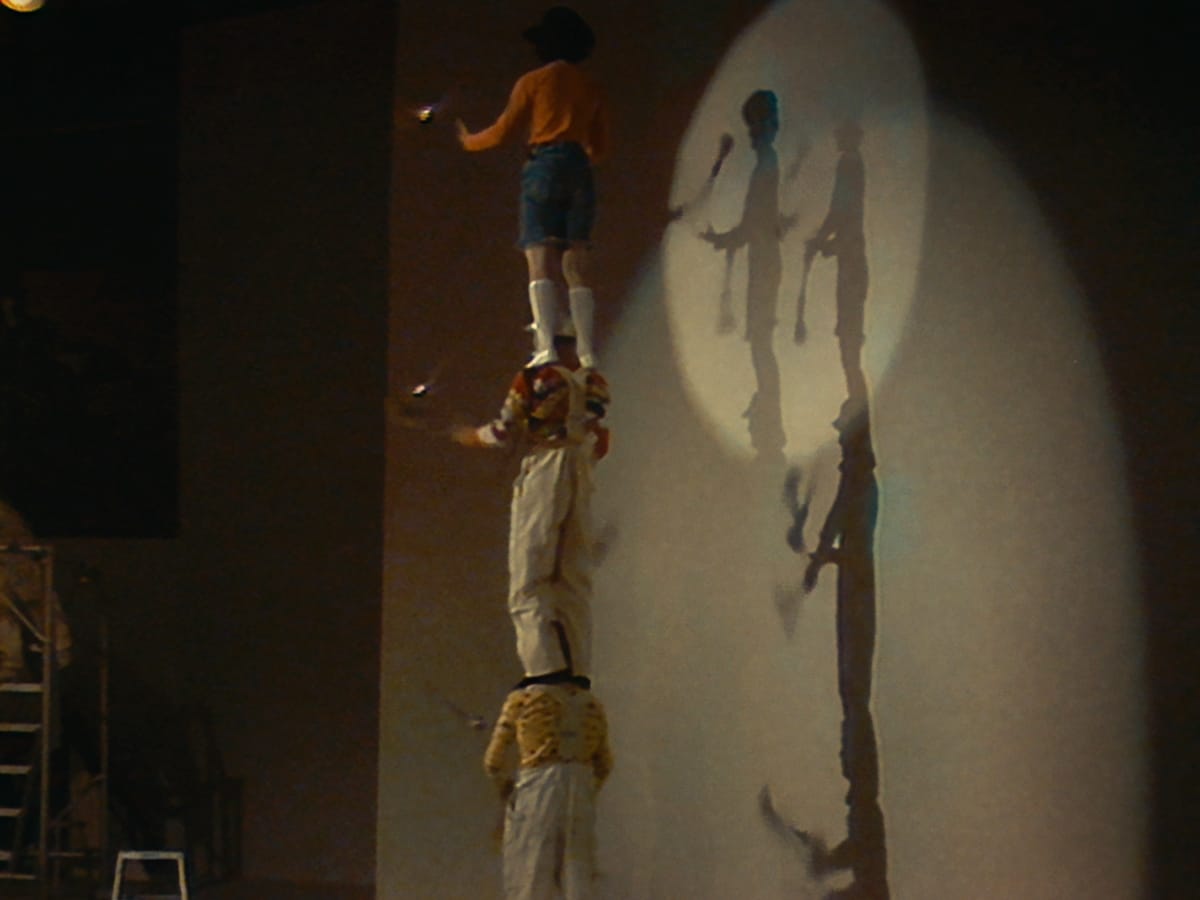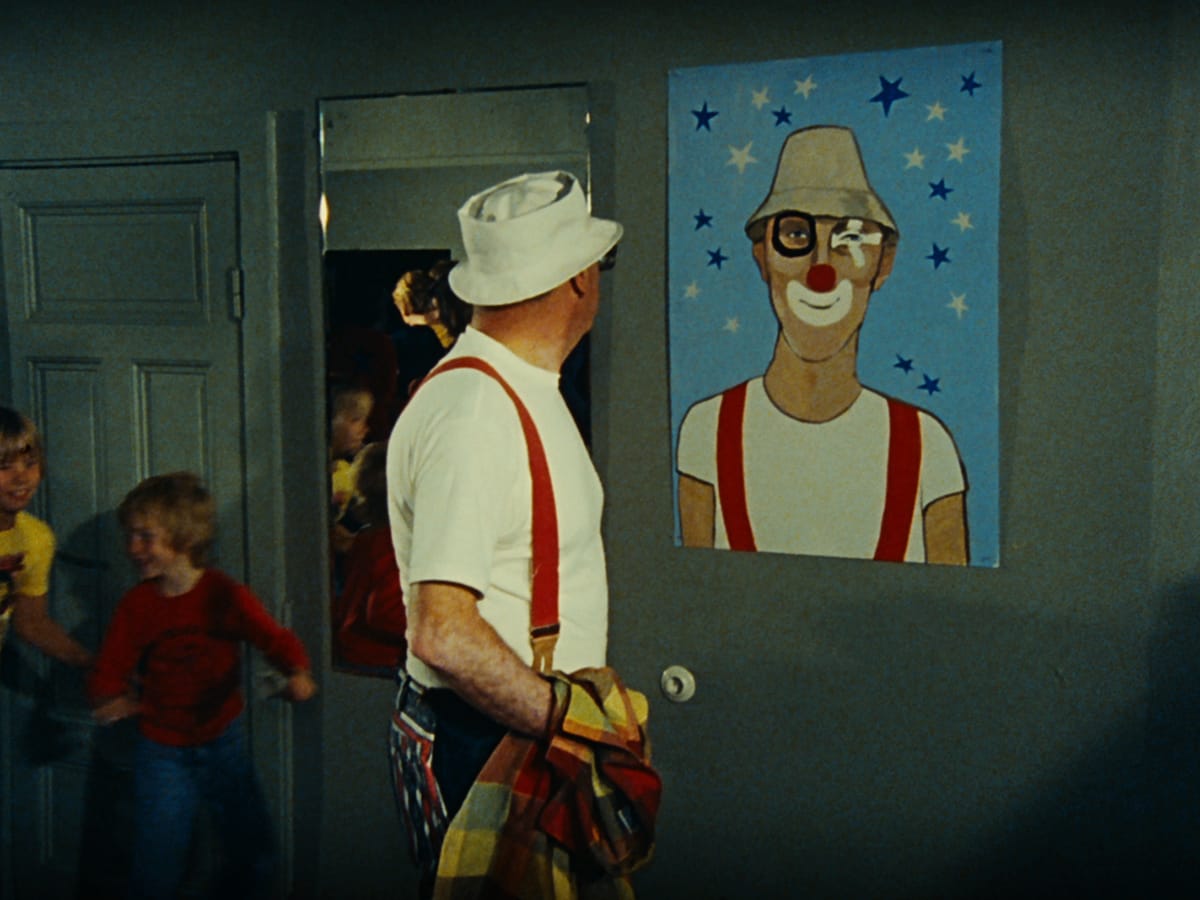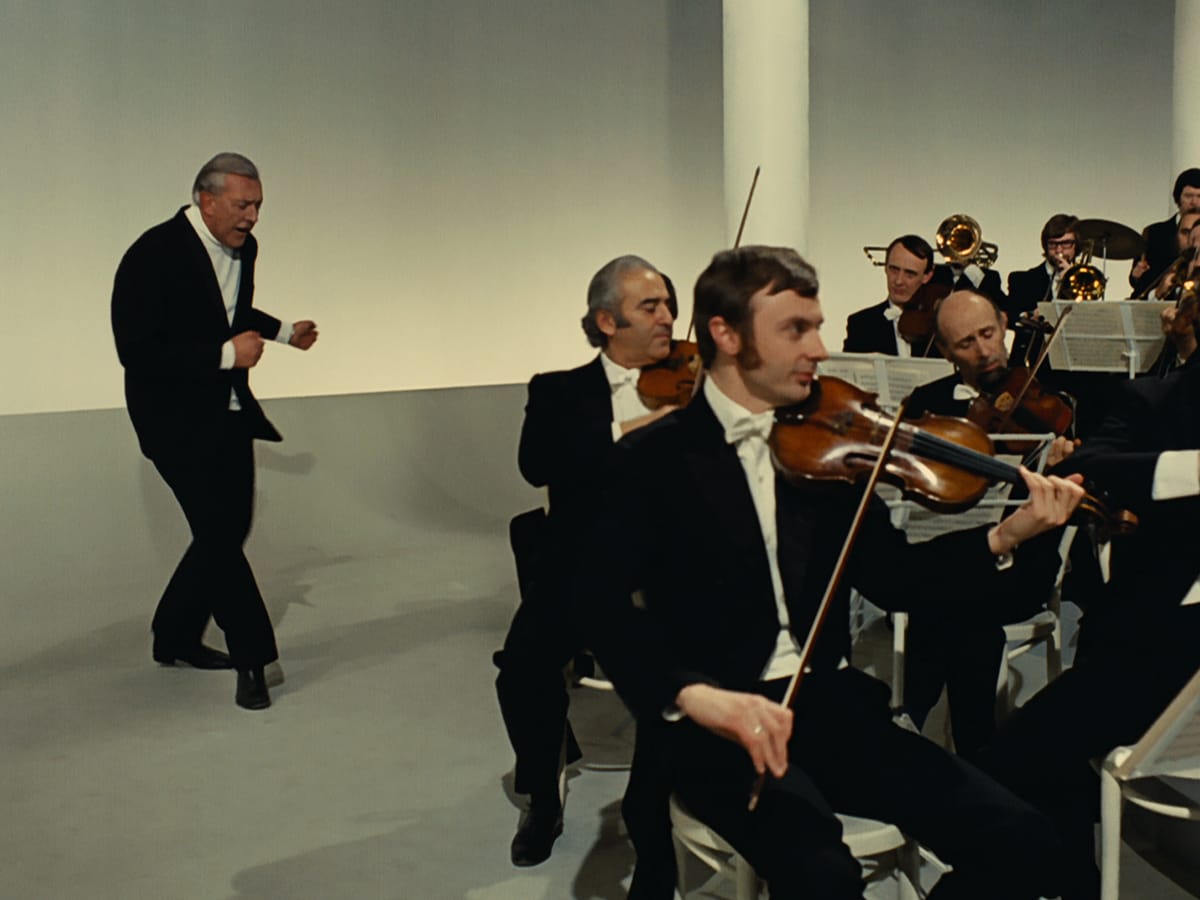
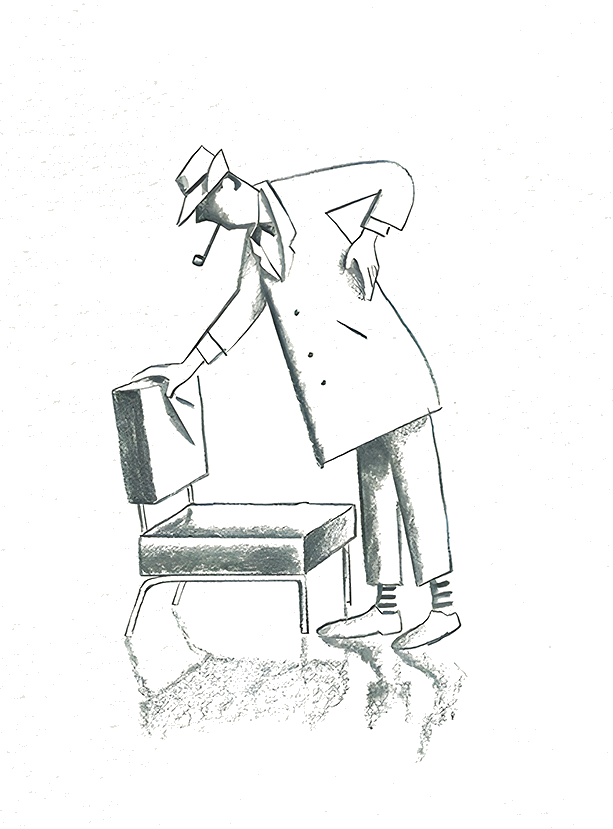
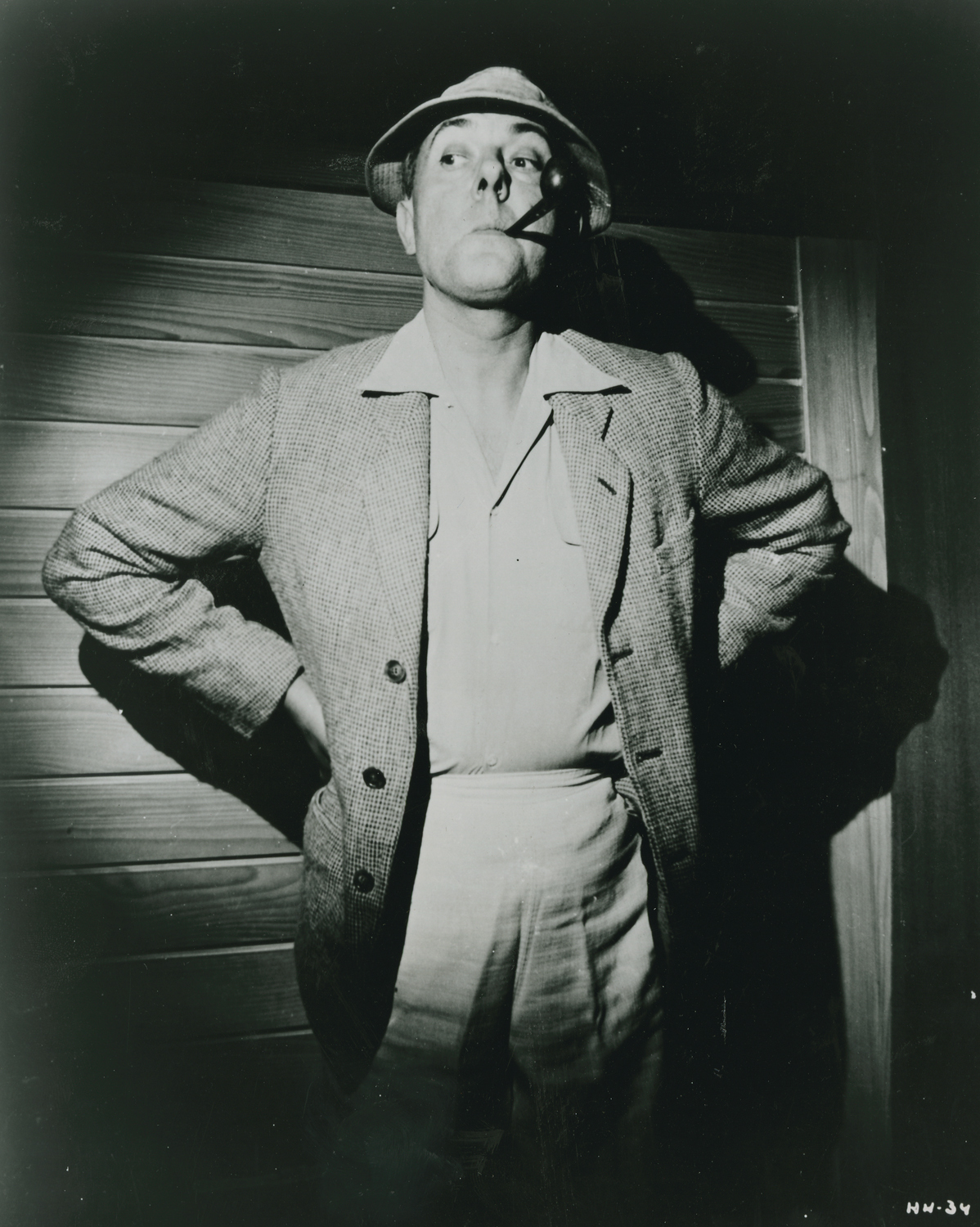
Who is Jacques Tati?
Jacques Tati was a French mime, filmmaker, and actor, recognized for his distinct style that combined comedy and commentary on modern life. Despite directing only six feature films, he earned acclaim as one of the greatest directors of all time. Tati's character, Monsieur Hulot, became a beloved figure, representing the struggle of humanity in a rapidly changing world. His most notable works include Mon Oncle, PlayTime, and Monsieur Hulot’s Holiday, among others, alongside several short films.
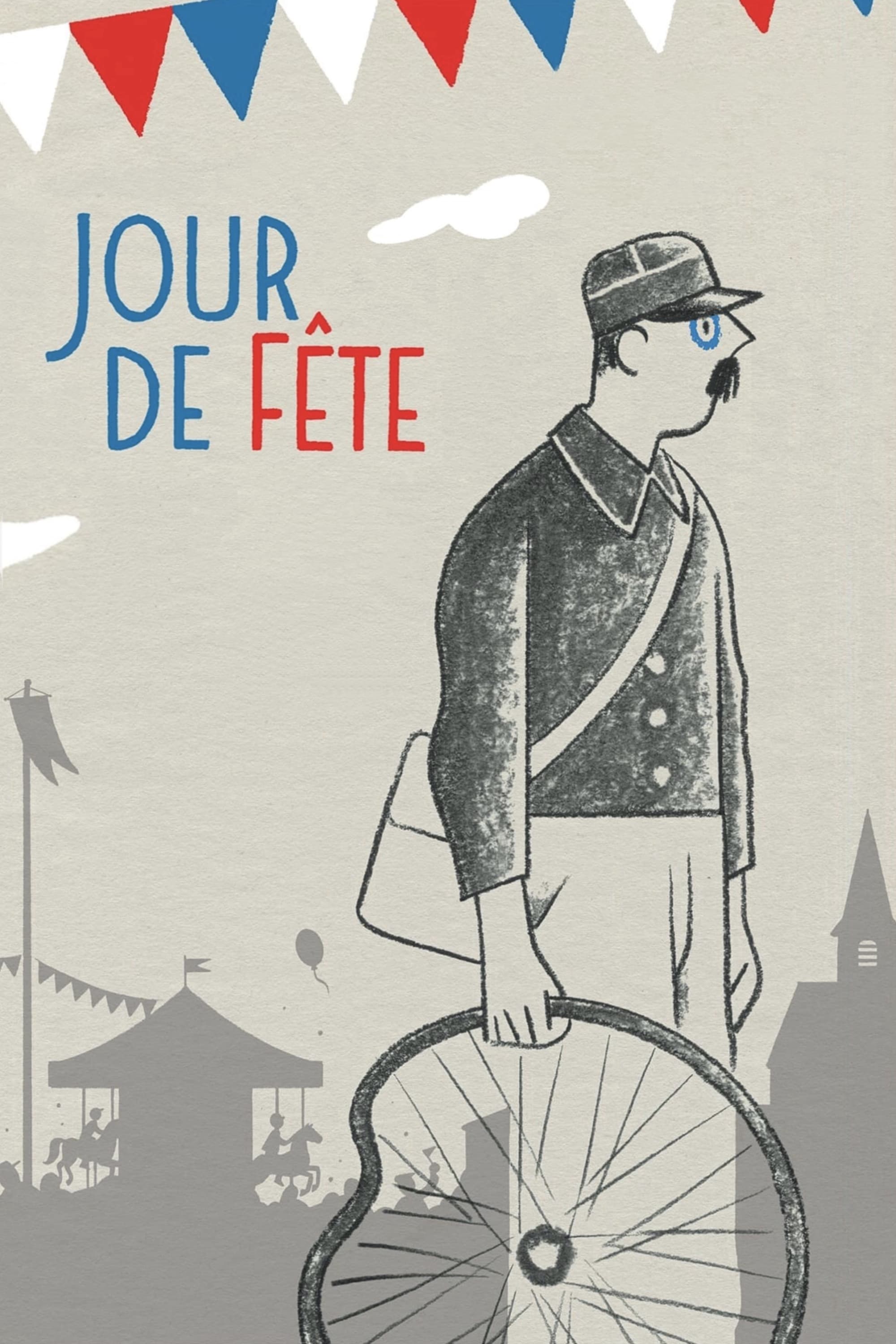
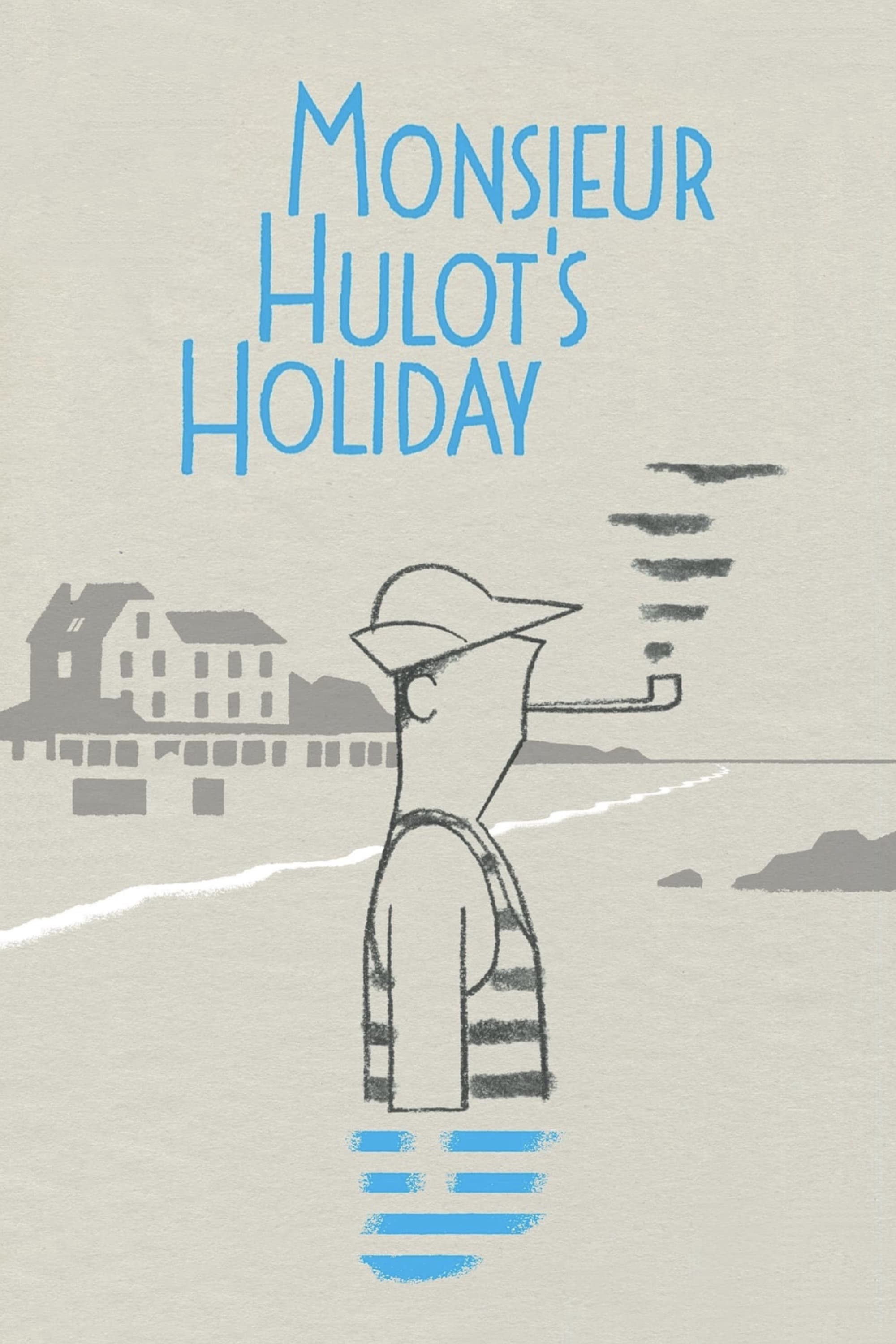
Monsieur Hulot’s Holiday
1953
Monsieur Hulot, Jacques Tati’s endearing clown, takes a holiday at a seaside resort, where his presence provokes one catastrophe after another. Tati’s masterpiece of gentle slapstick is a series of effortlessly well-choreographed sight gags involving dogs, boats, and firecrackers; it was the first entry in the Hulot series and the film that launched its maker to international stardom.
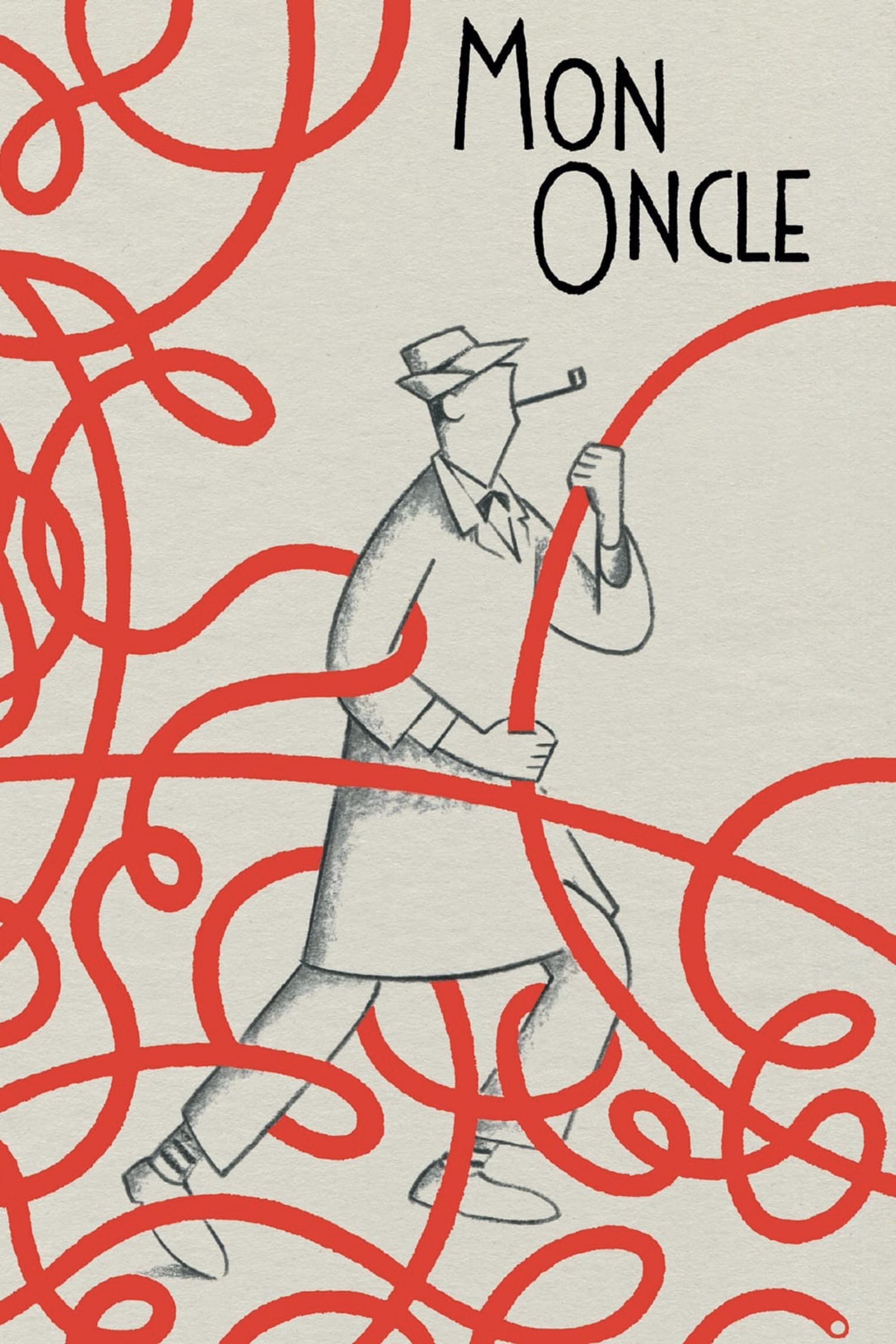
Mon Oncle
1958
Slapstick prevails again when Jacques Tati’s eccentric, old-fashioned hero, Monsieur Hulot, is set loose in Villa Arpel, the geometric, oppressively ultramodern home of his brother-in-law, and in the antiseptic plastic hose factory where he gets a job. The second Hulot movie and Tati’s first color film, Mon Oncle is a supremely amusing satire of mechanized living and consumer society that earned the director the Academy Award for best foreign-language film.
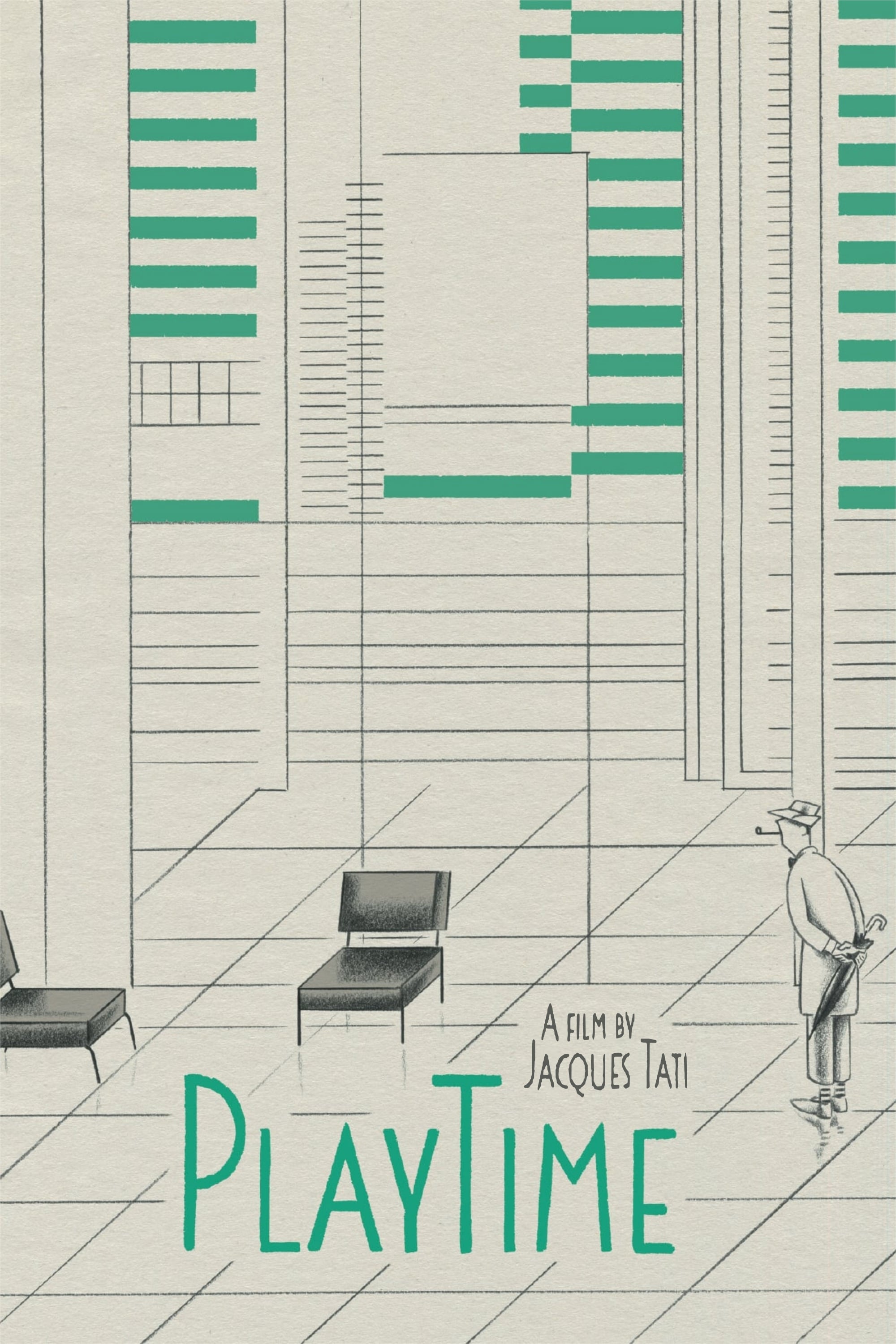
Playtime
1967
Jacques Tati’s gloriously choreographed, nearly wordless comedies about confusion in an age of high technology reached their apotheosis with PlayTime. For this monumental achievement, a nearly three-year-long, bank-breaking production, Tati again thrust the lovably old-fashioned Monsieur Hulot, along with a host of other lost souls, into a baffling modern world, this time Paris. With every inch of its superwide frame crammed with hilarity and inventiveness, PlayTime is a lasting record of a modern era tiptoeing on the edge of oblivion.
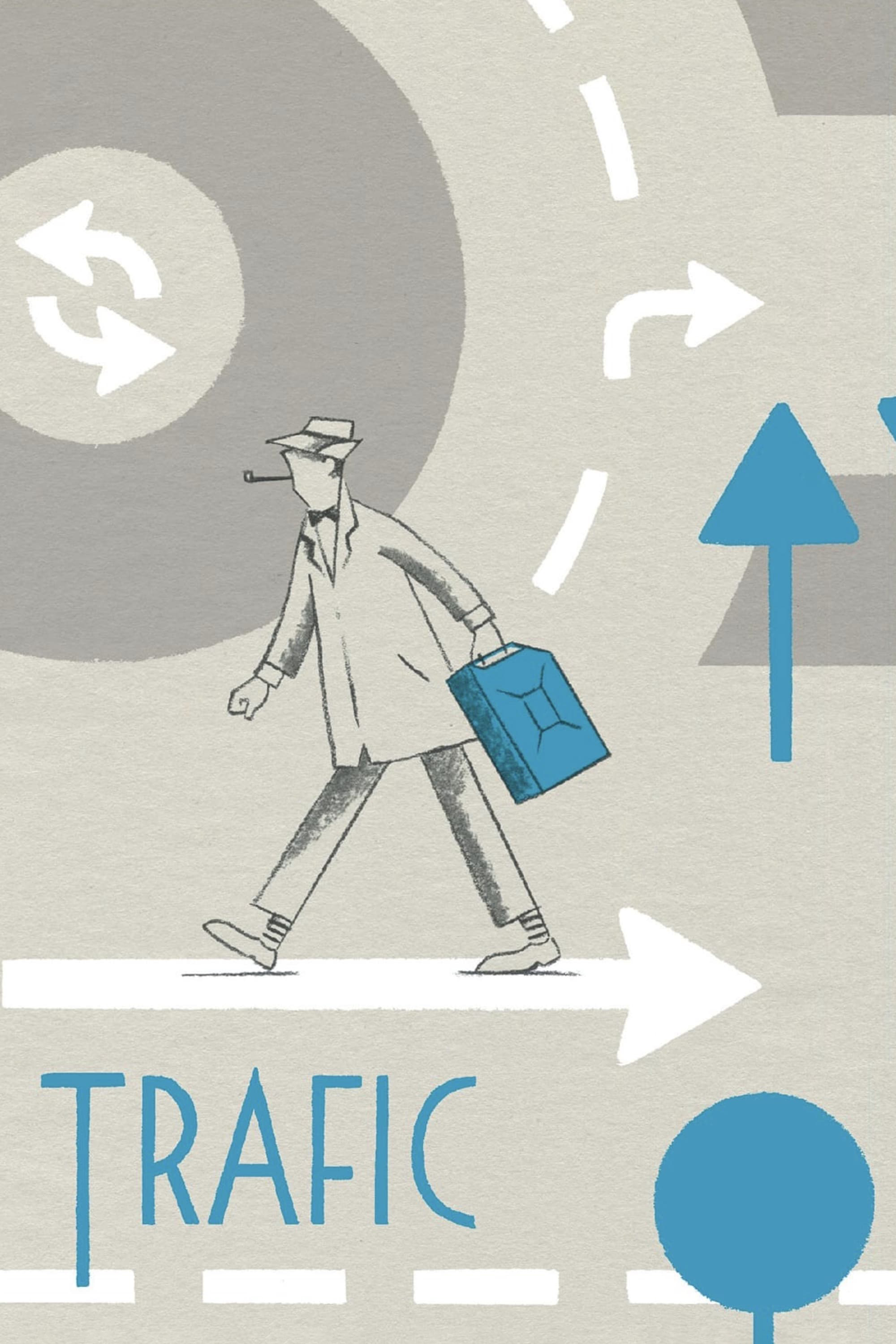
Trafic
1971
In Jacques Tati’s Trafic, the bumbling Monsieur Hulot, kitted out as always with tan raincoat, beaten brown hat, and umbrella, takes to Paris’s highways and byways. In this, his final outing, Hulot is employed as an auto company’s director of design, and accompanies his new product (a “camping car” outfitted with absurd gadgetry) to an auto show in Amsterdam. Naturally, the road there is paved with modern-age mishaps. This late-career delight is a masterful demonstration of the comic genius’s expert timing and sidesplitting knack for visual gags, and a bemused last look at technology run amok.

Parade
1974
Parade is a unique film that combines elements of circus performance with Tati's distinctive comedic style. The movie features a circus set and various performances, providing a whimsical and visually striking experience.
Other Works
- Brute Wanted (1934) - Short film
- Gai Dimanche! (1935) - Short film
- Watch Your Left (1936) - Short film
- School for Postmen (1946) - Short film
- Cours du Soir (1967) - Short film
- Degustation Maison (1977) - Short film
- Forza Bastia (1978/2002) - Documentary (unfinished film with parts directed by Jacques Tati in 1978 and completed by his daughter Sophie Tatischeff in 2002)
| Film | Type | Year | |
|---|---|---|---|
 |
Jour de fête | Feature Film | 1949 |
 |
Monsieur Hulot’s Holiday | Feature Film | 1953 |
 |
Mon Oncle | Feature Film | 1958 |
 |
Playtime | Feature Film | 1967 |
 |
Trafic | Feature Film | 1971 |
 |
Parade | Feature Film | 1974 |
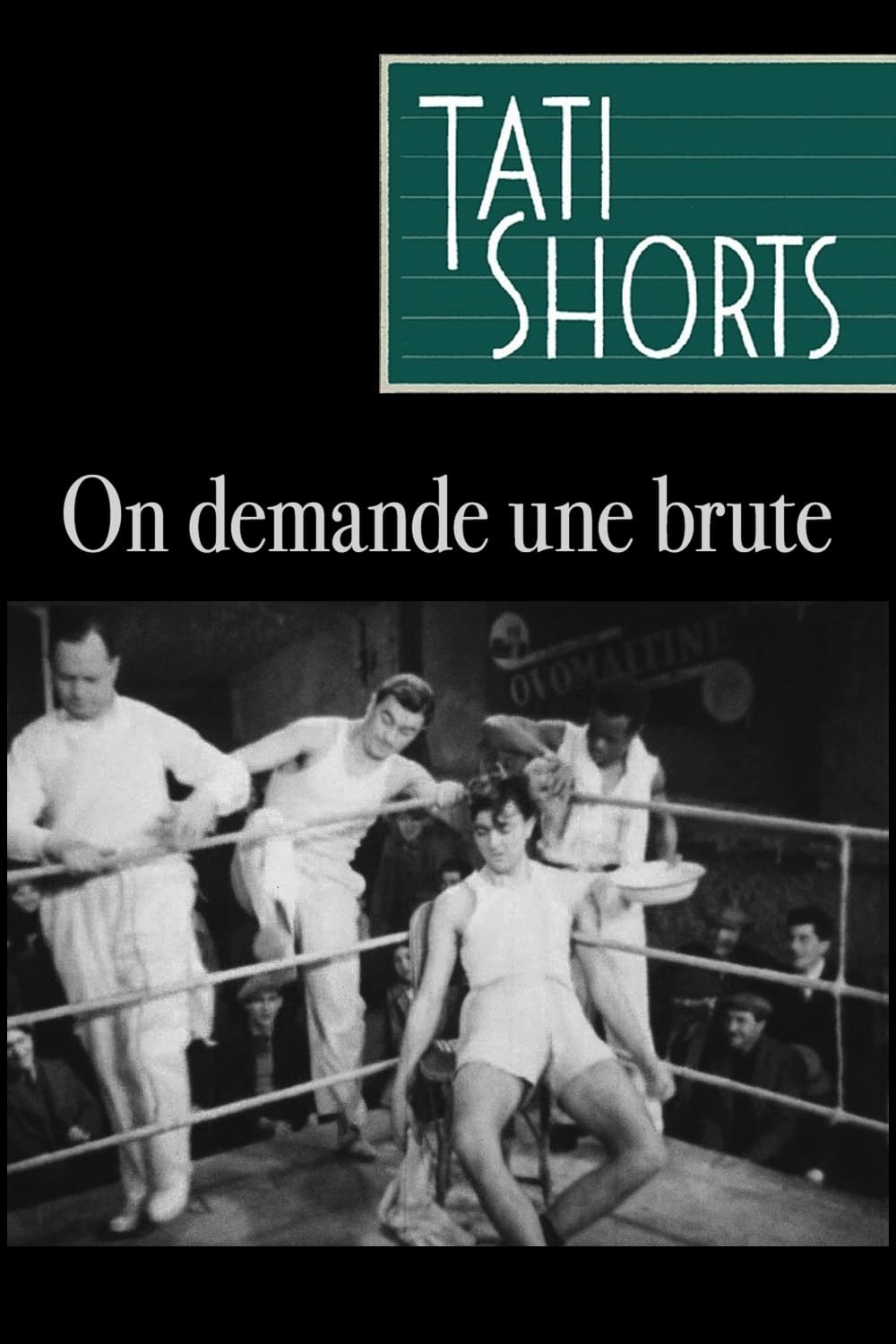 |
Brute Wanted | Short Film | 1934 |
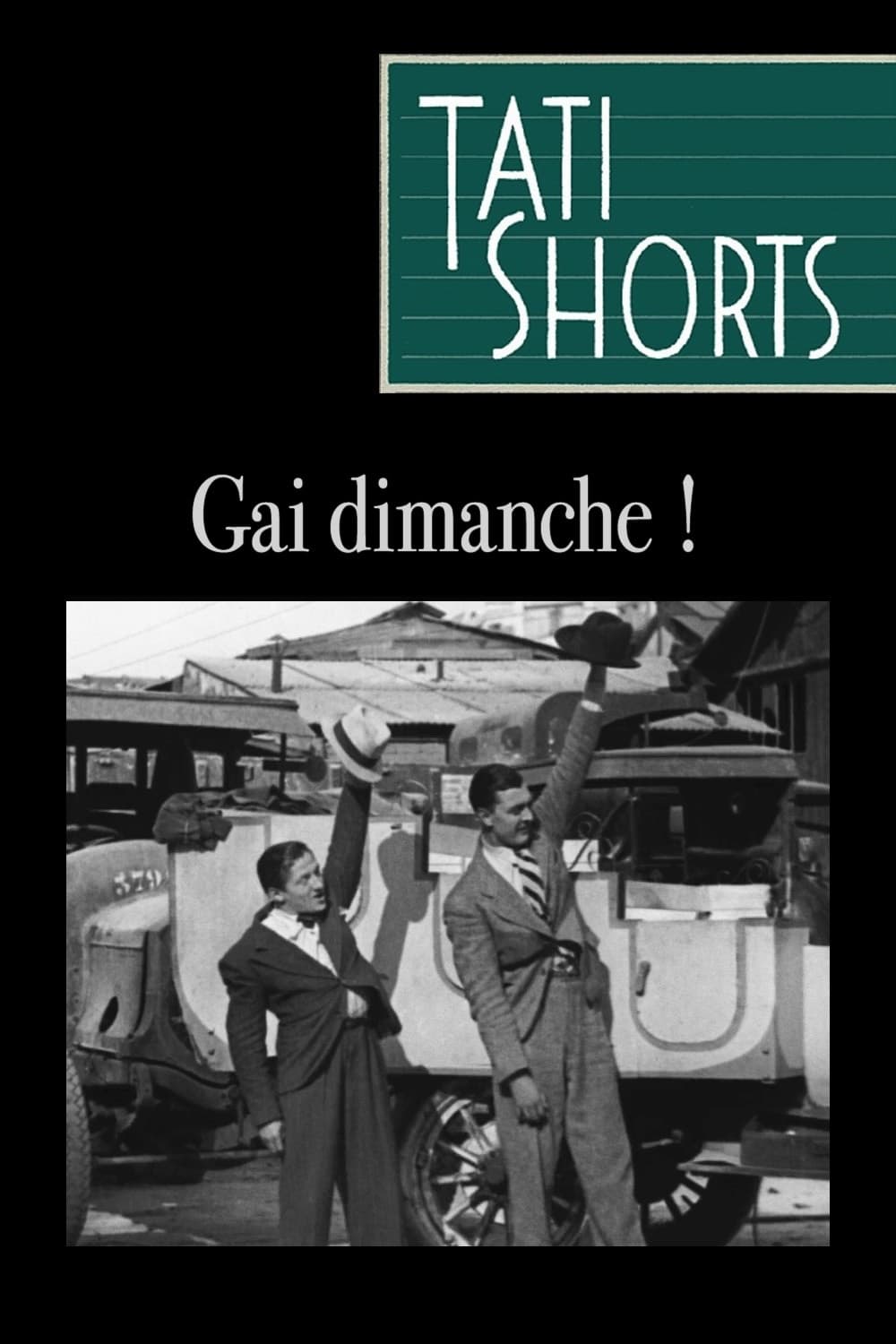 |
Gai Dimanche! | Short Film | 1935 |
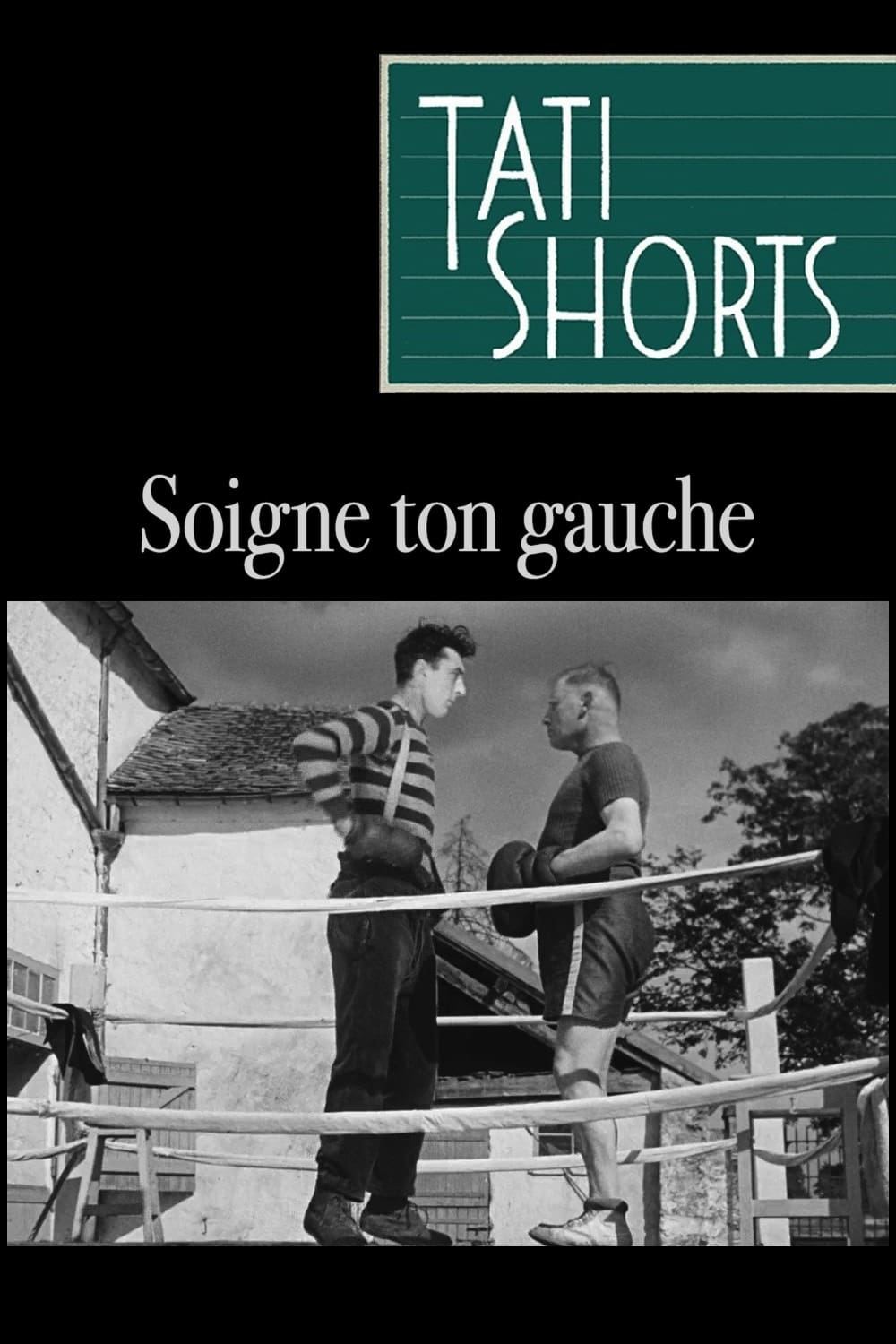 |
Watch Your Left | Short Film | 1936 |
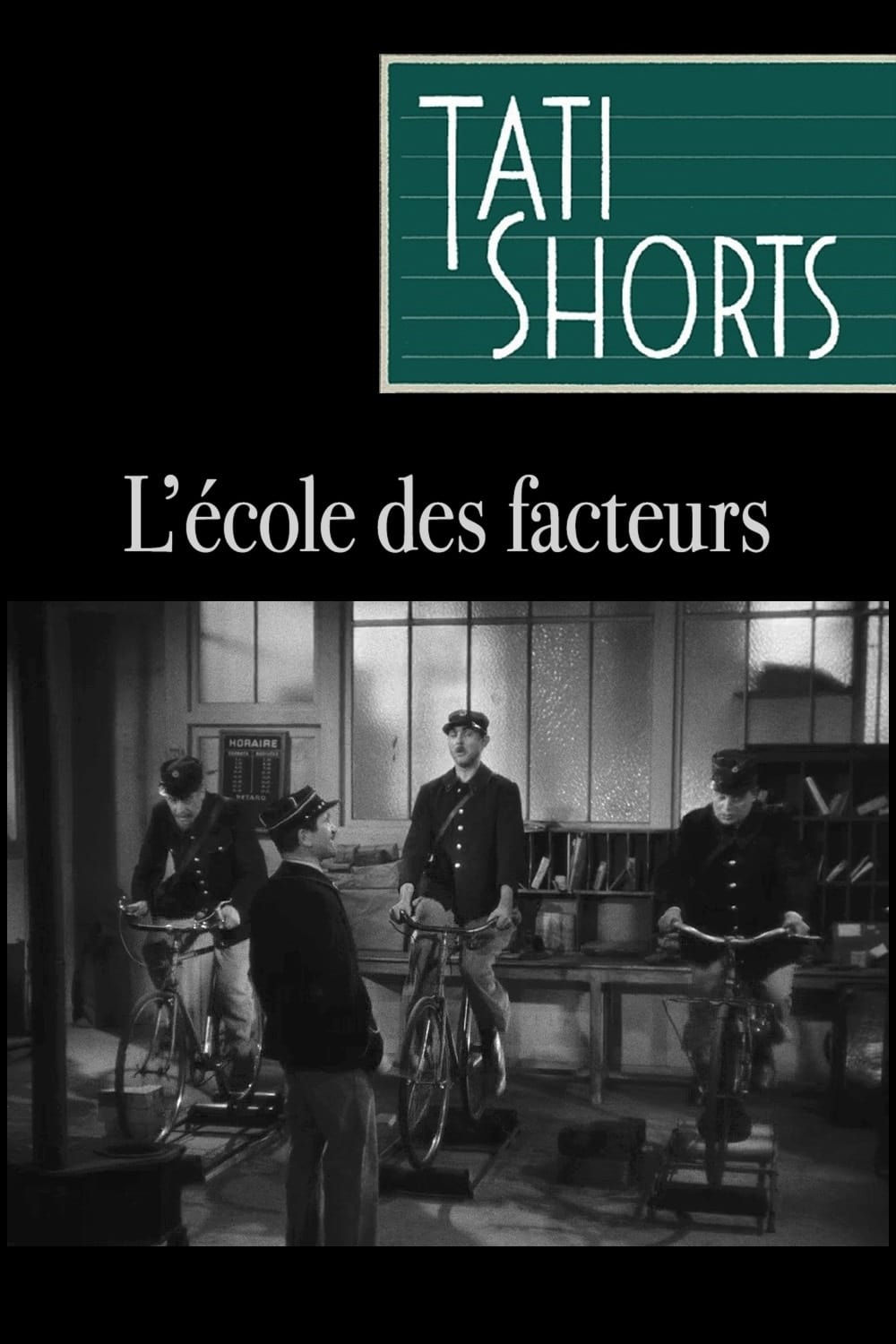 |
School for Postmen | Short Film | 1946 |
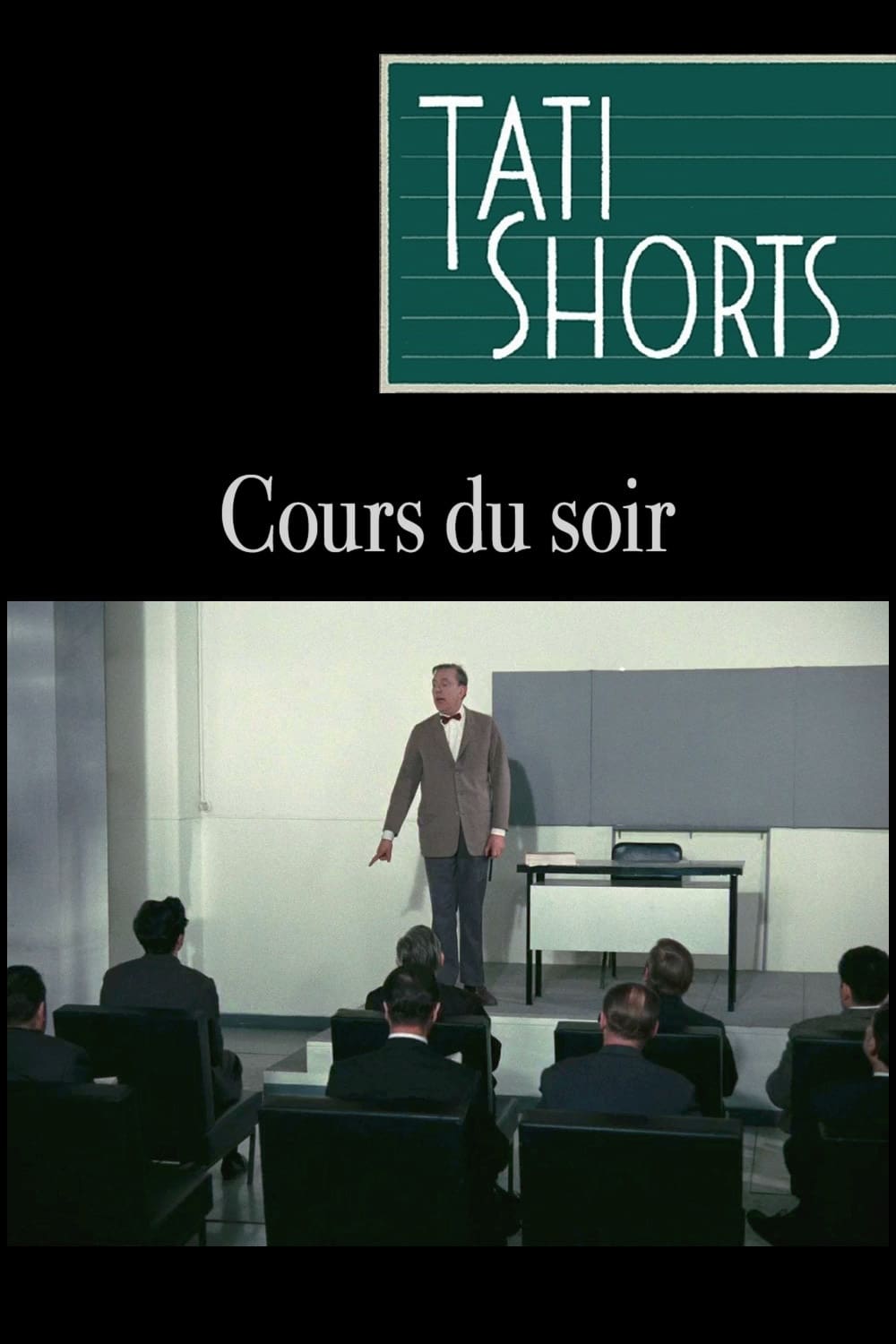 |
Cours du Soir | Short Film | 1967 |
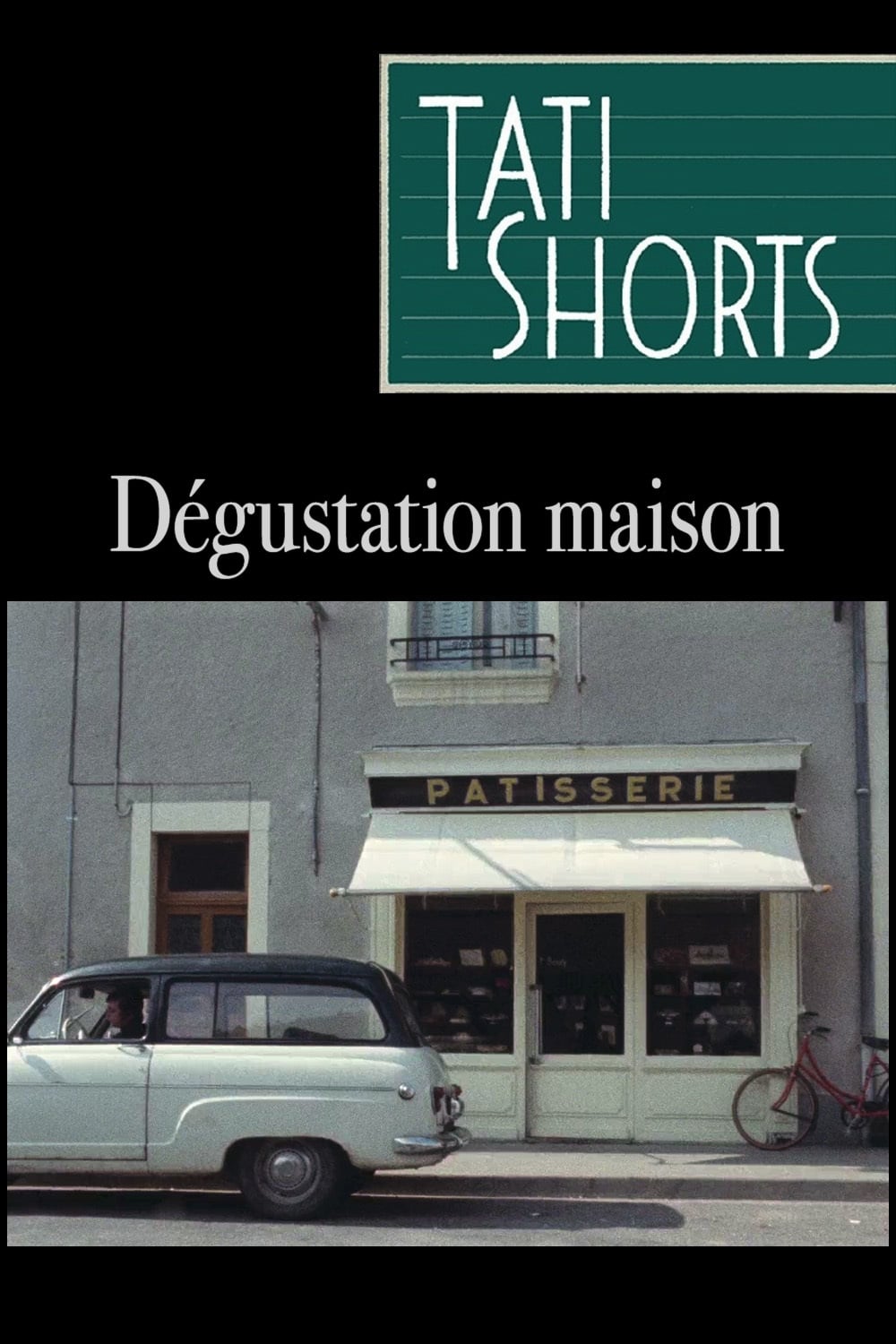 |
Degustation Maison | Short Film | 1977 |
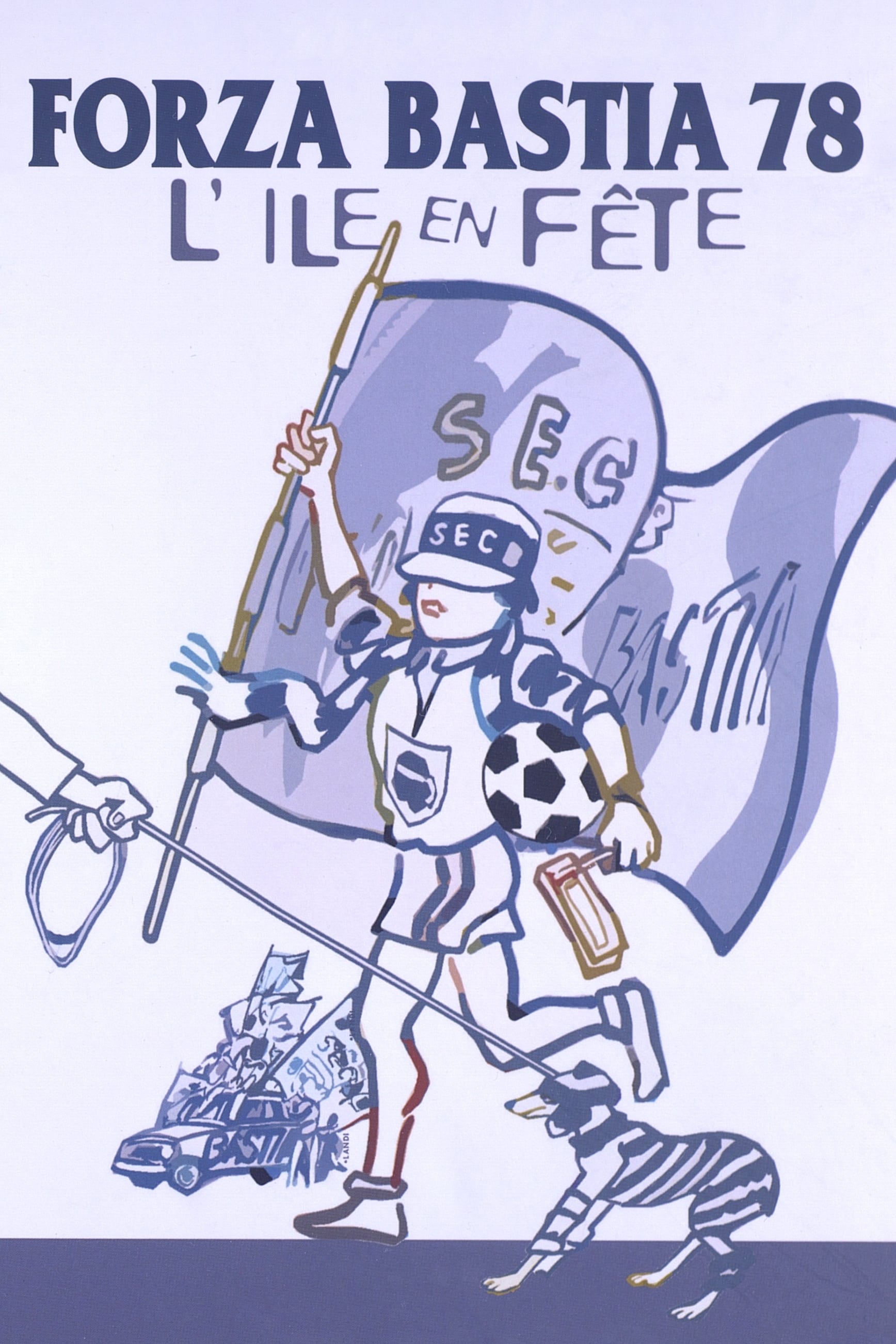 |
Forza Bastia | Documentary (Unfinished) | 1978/2002 |
